Place Value Math Centers
In kindergarten, students begin to learn about place value by decomposing numbers into 10 and some ones.
In first grade, students transition to decomposing bigger numbers and exploring concepts of place value by decomposing numbers up to 100.
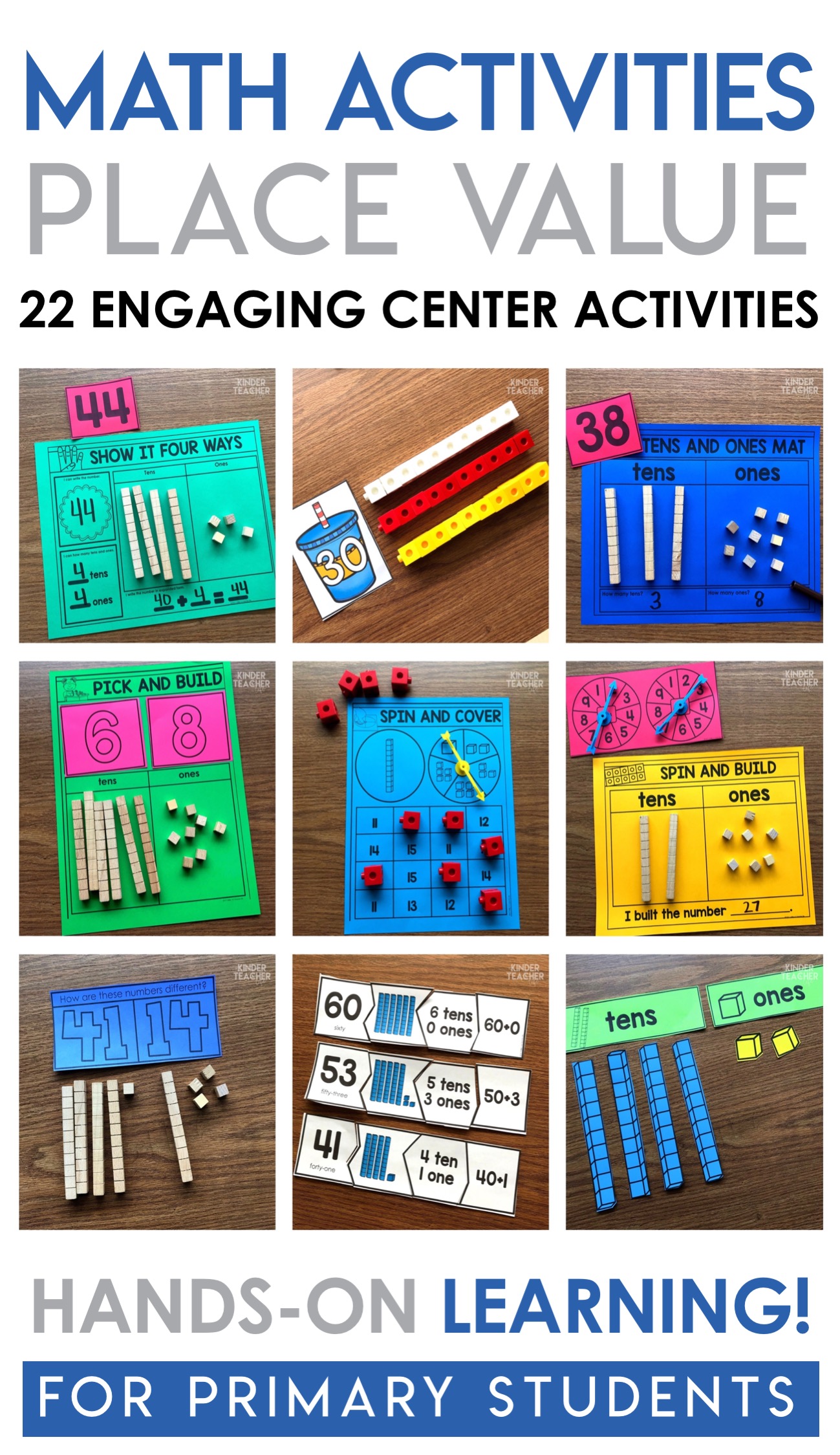
Why teach place value?
What do students need to do this? They’ll need to know how to rote count to 120 (this skill is ongoing and will develop with practice), understand the meaning of the “tens place” and “ones place”, decompose 2-digit numbers into tens and ones and compare 2-digit numbers using < and >.
How do we teach it?
We teach students these skills using a variety of methods such as using base 10 blocks, ten frames, drawing pictures, partner counting, and numbers chart.
Here are some hands-on activities to teach your students all of the skills listed above.
Partner Counting Cards
Students pick a card and count on from that number with a partner.
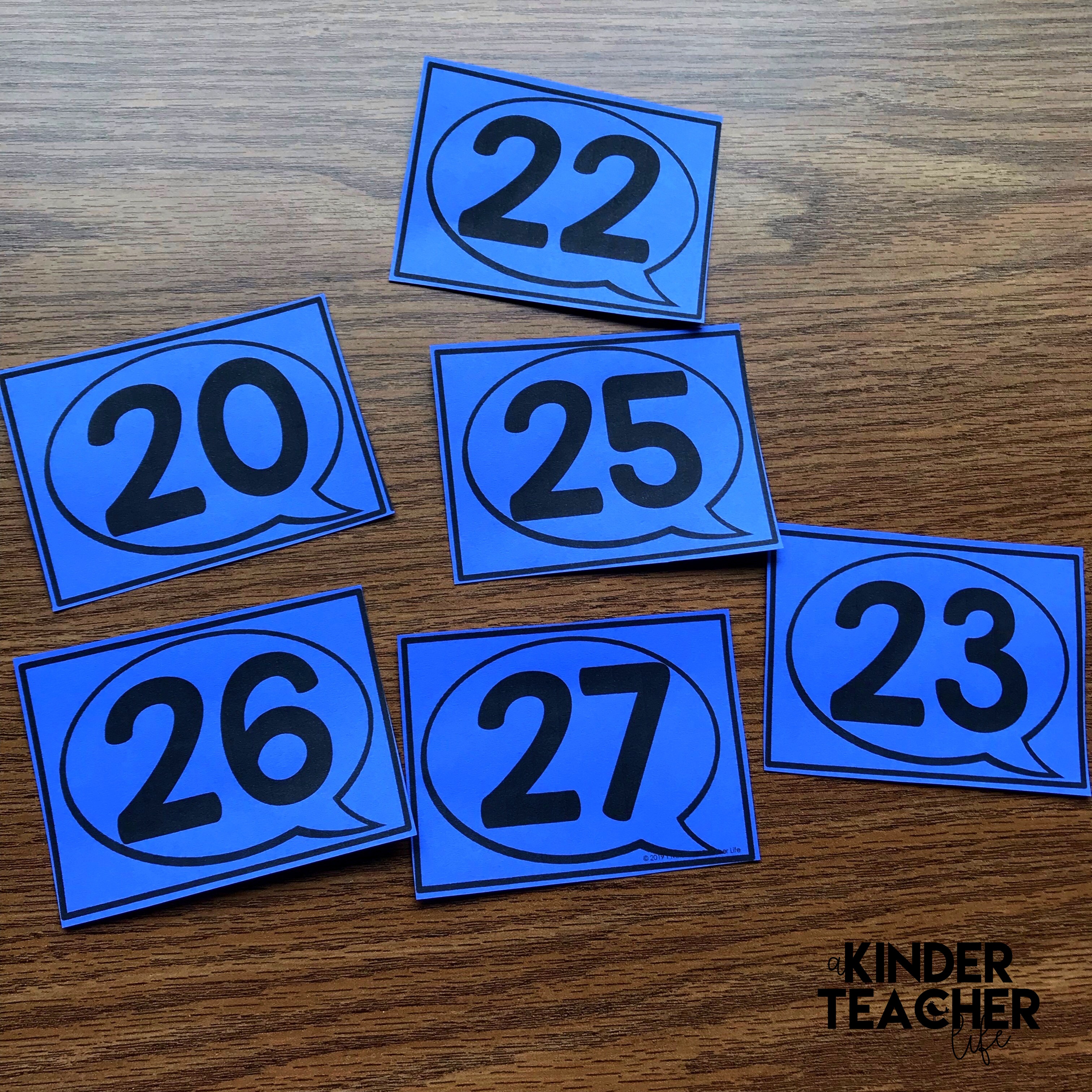
Bundle by the Ten
Students pick a card and build the number by bundling straws. If you don’t have cards, you can use connecting cubes. I recommend not using base 10 blocks because this activity is teaching students that 10 ones make a ten and when you have a ten you can say ten and not start at one.
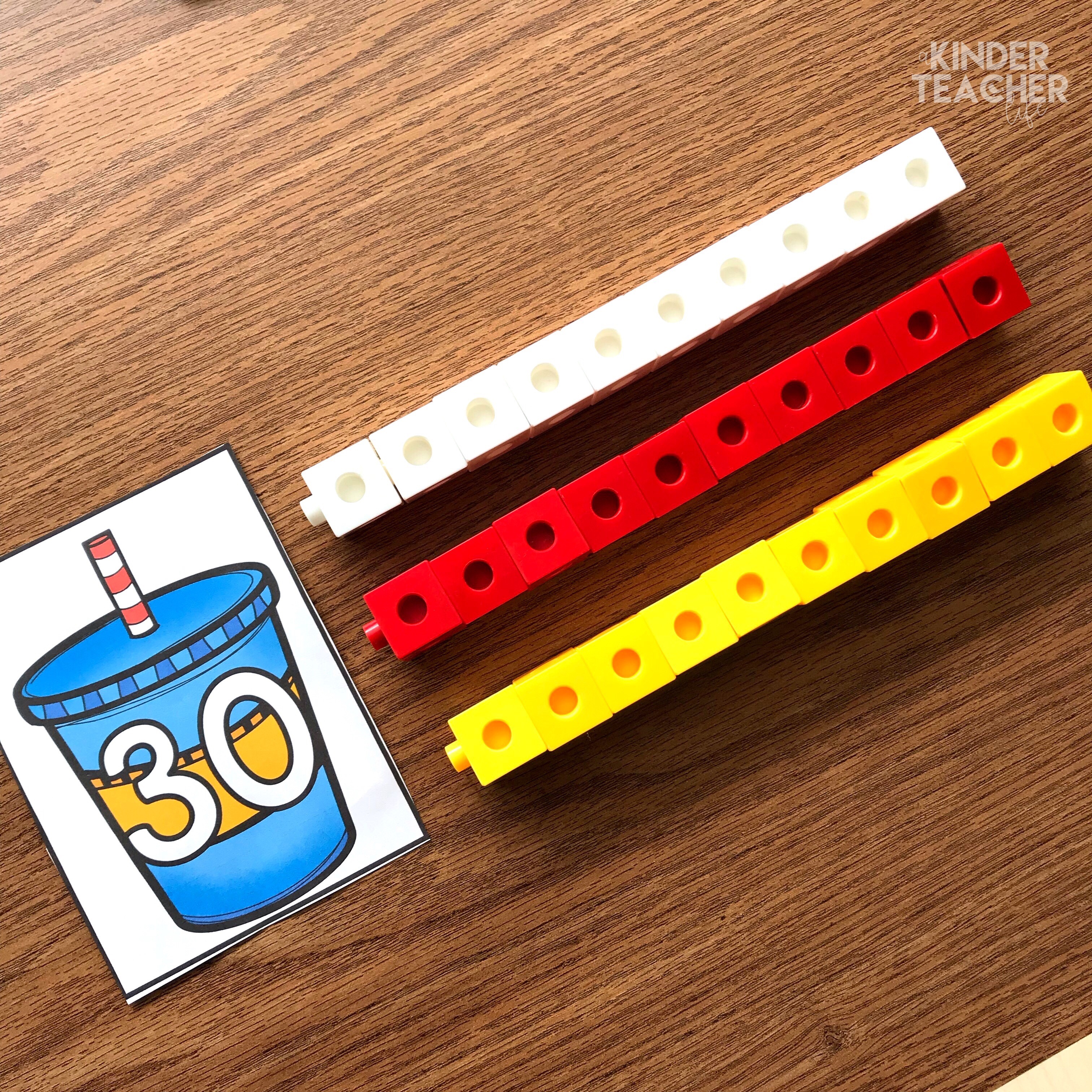
Choo! Choo! Build It!
Students pick a card and build the number using connecting cubes.
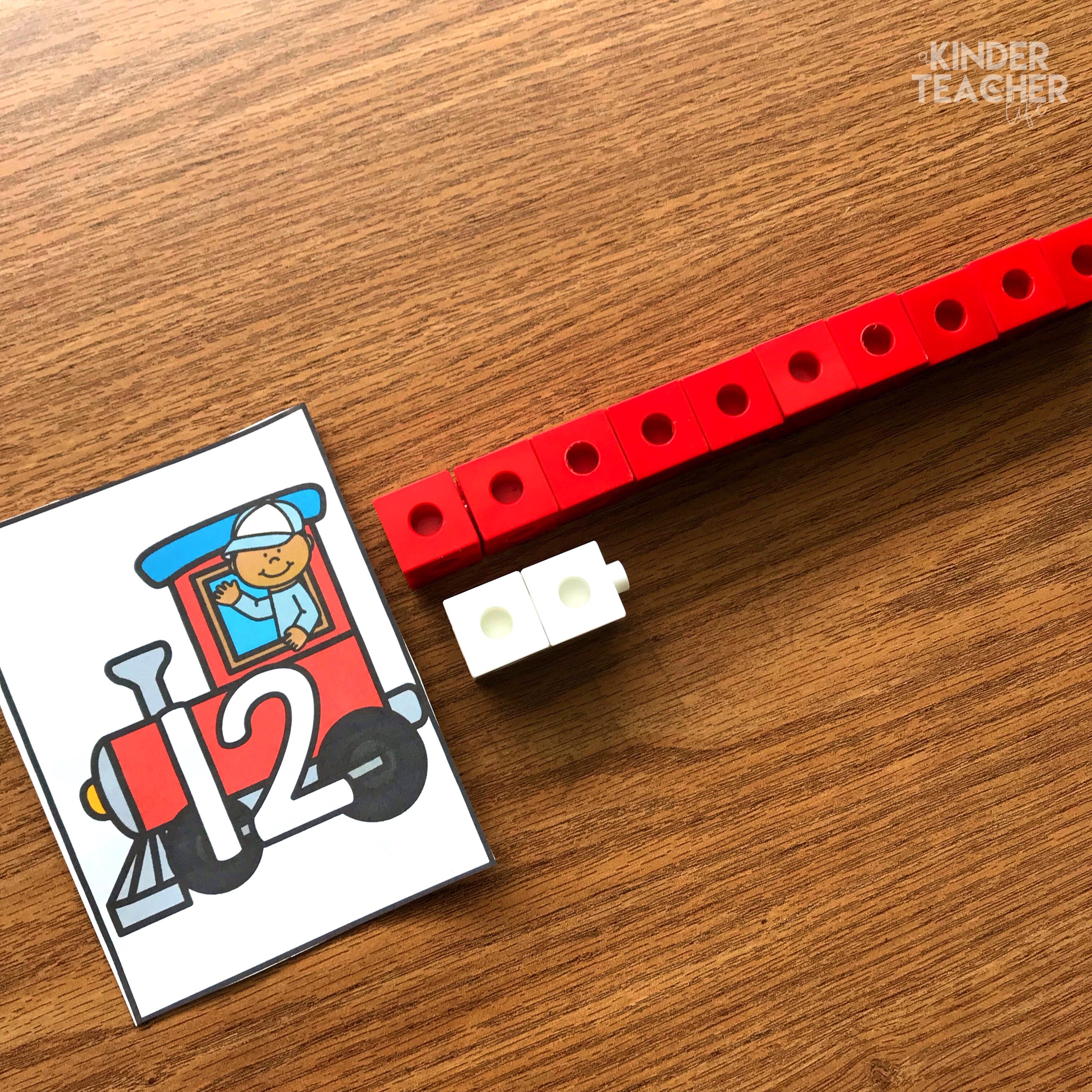
Math Talk
It’s important for students to understand how numbers work! Students need to know that the next number said is bigger than the number before it and when you countback, the numbers get smaller in quantity. You also want them to notice patterns because this will help them grasp concepts of 10 more, 10 less!
In this activity, students look at a 50, 100, or 120 chart and discuss what patterns they notice by looking at the rows and columns. Students may need some prompting and support to do this.
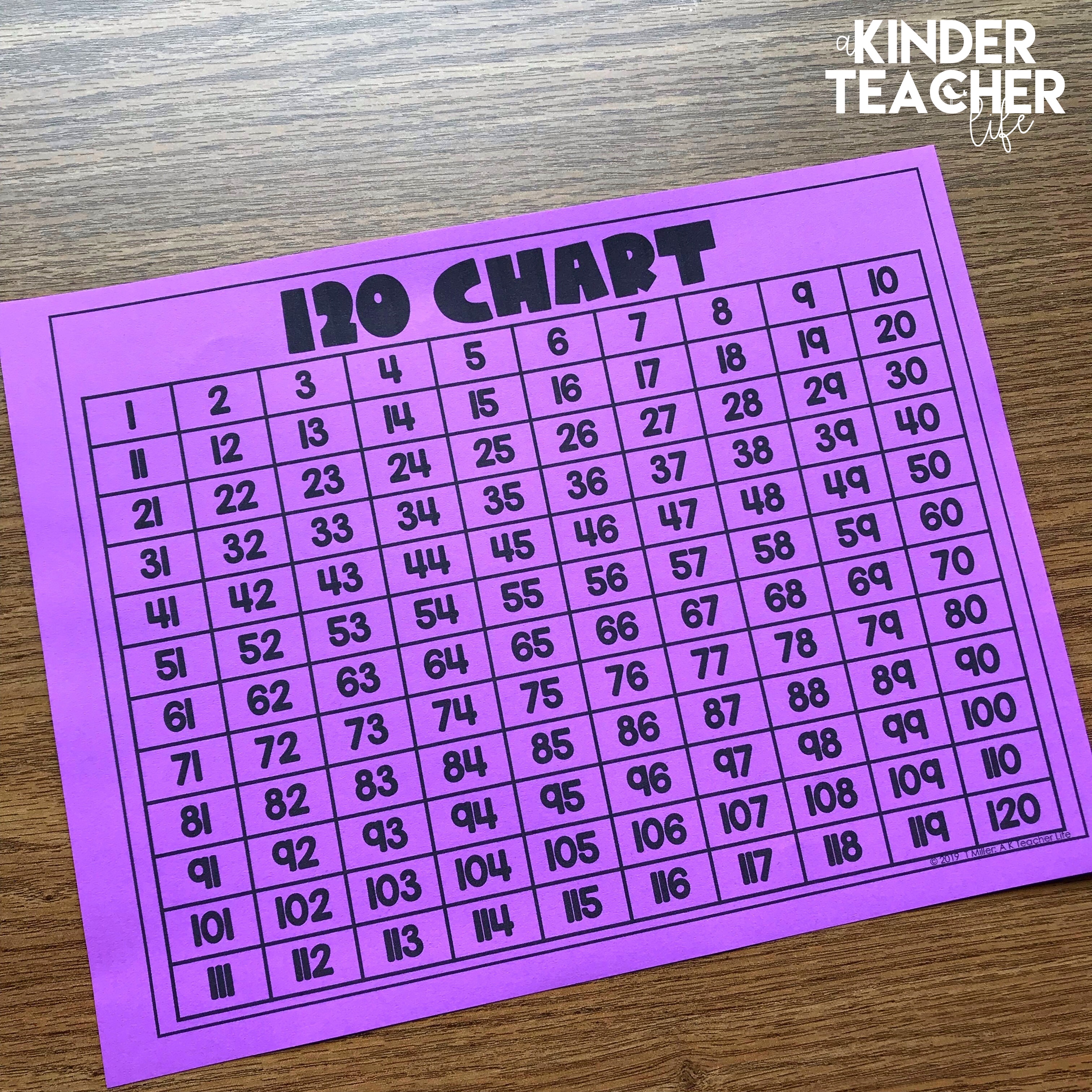
This activity also come with sentence starters.
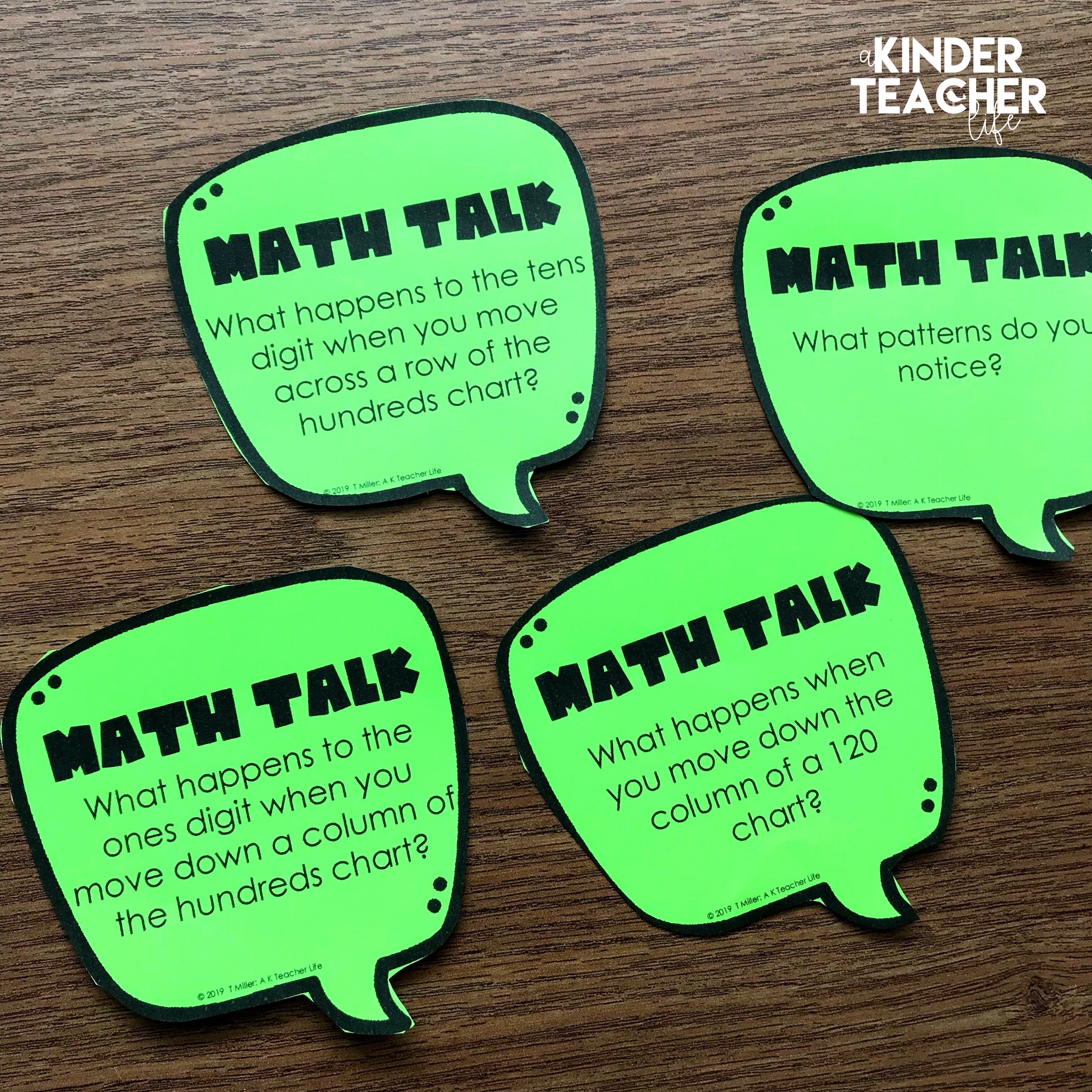
The Case of the Missing Number
Who doesn’t love solving a mystery? Students fill in the missing numbers.
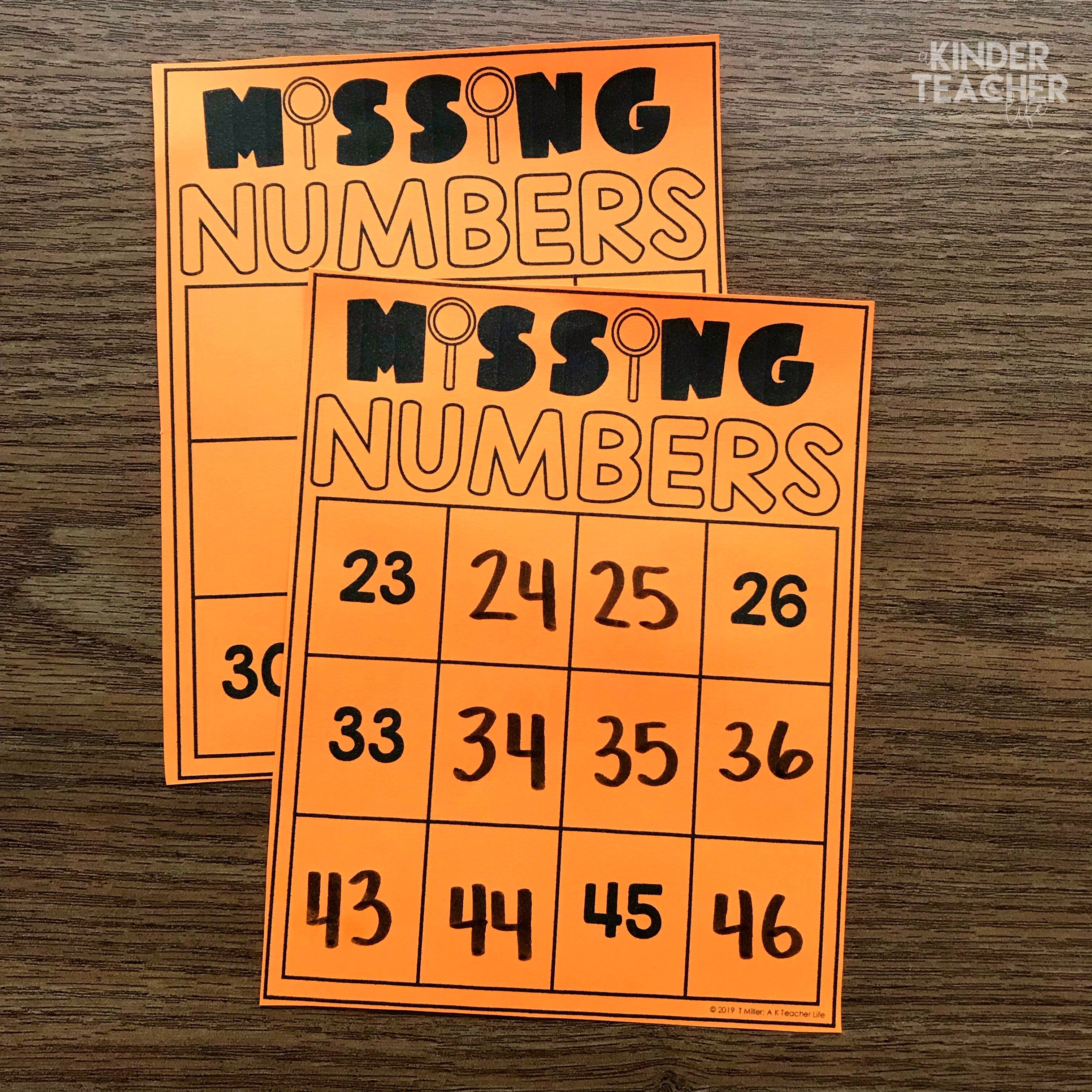
Making Groups of 10
The goal is to teach students that 10 ones make a 10.
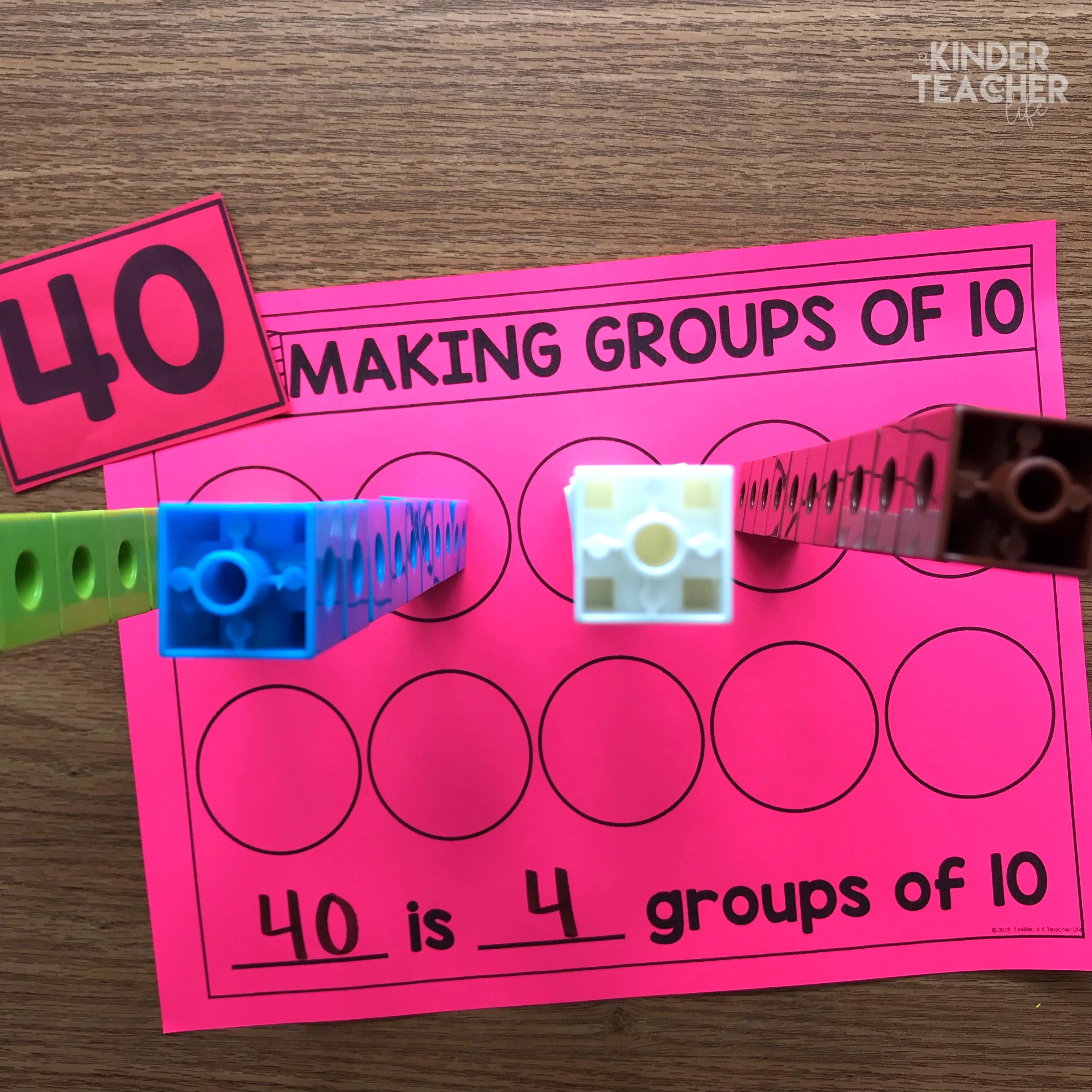
Pick and Build
Students pick 2 cards and build the number using base 10 blocks.
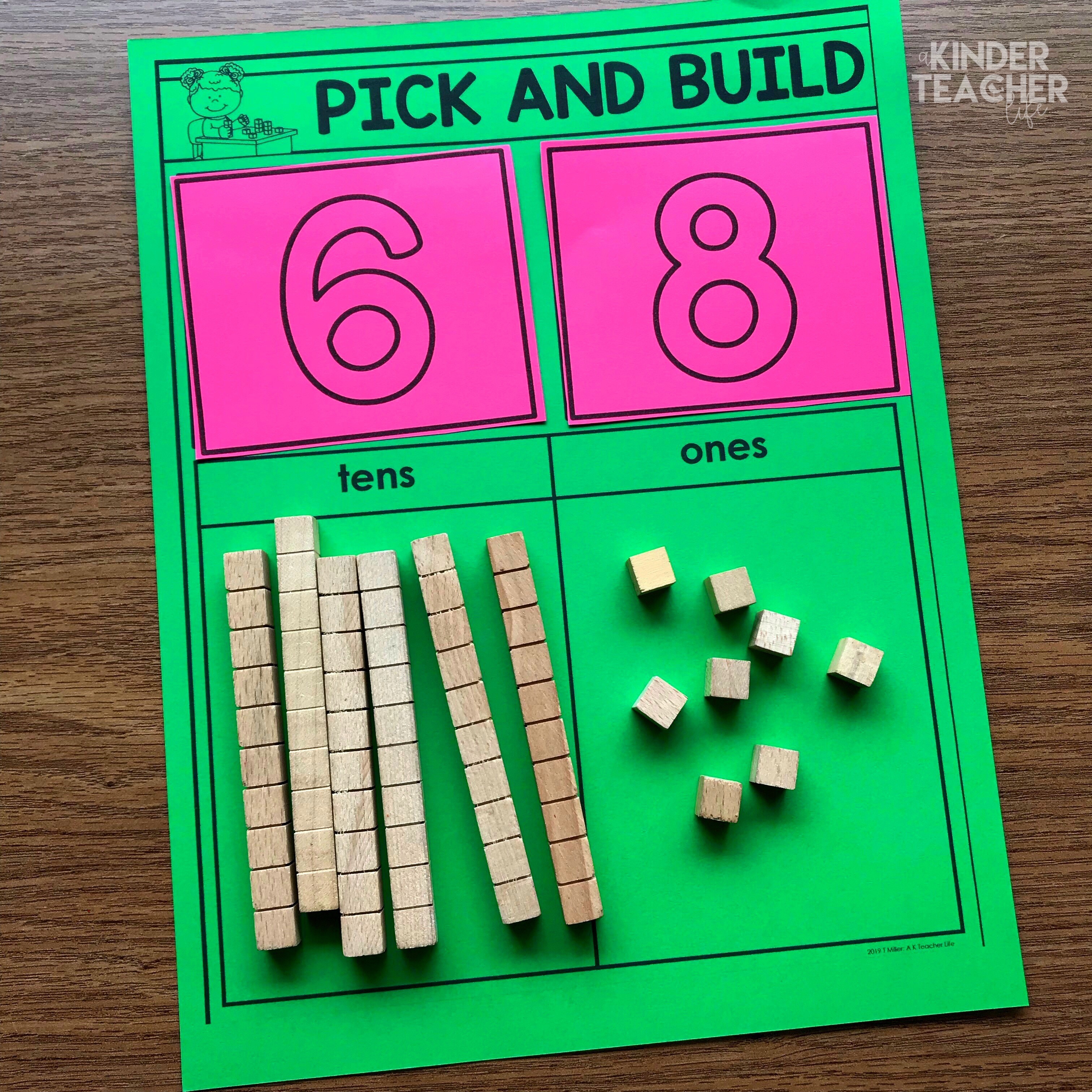
Ten and Some Ones
Students build a targeted number using base 10 blocks or connecting cubes.
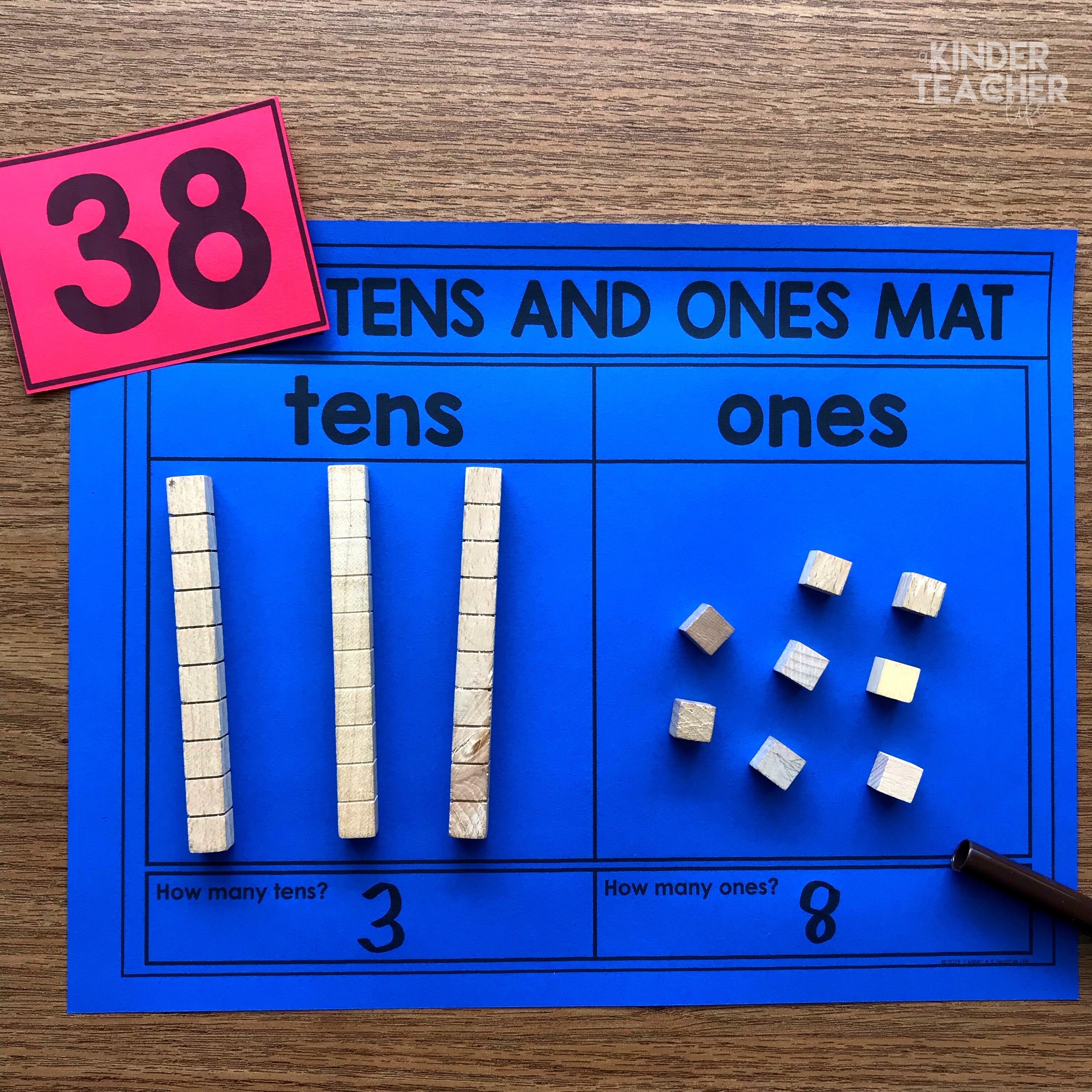
Build and Compare
Students pick a card and build the number using base 10 blocks or drawing a model. They compare the numbers using greater than or less than.
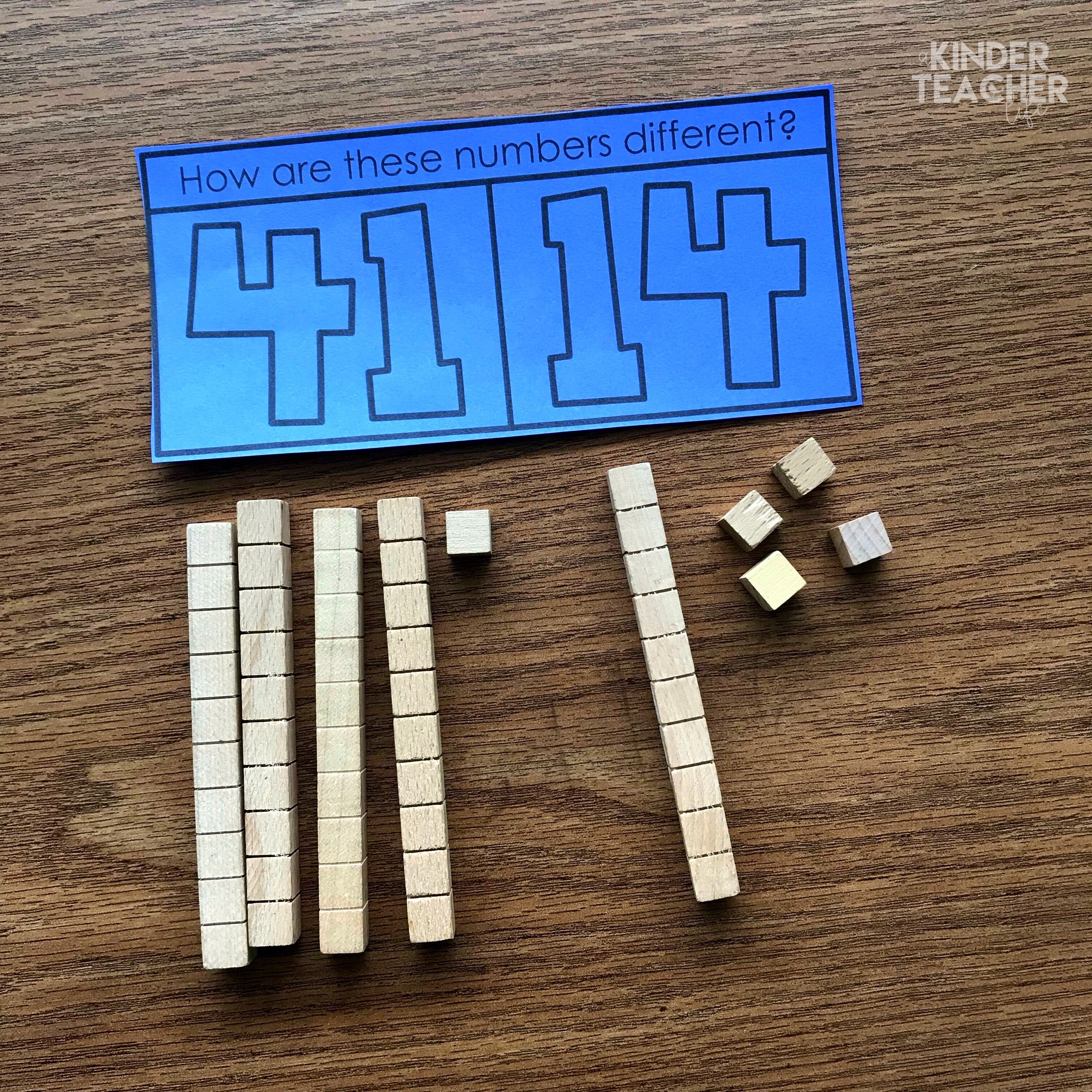
Build and Show – Ten Frame
Students pick a number card and build the number using ten frames.
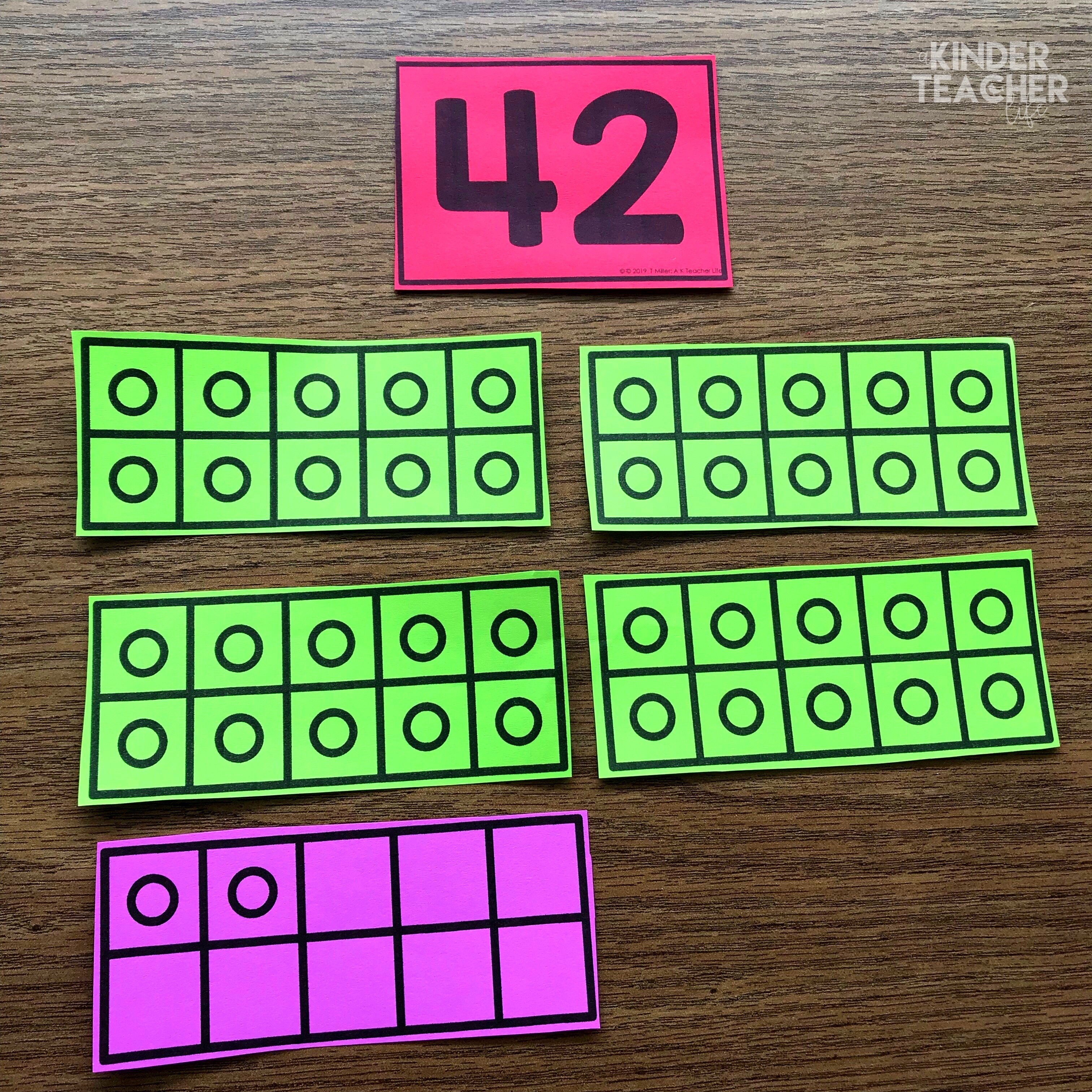
Spin and Build
Students spin the spinner and build the number using base 10 blocks or drawing a picture.
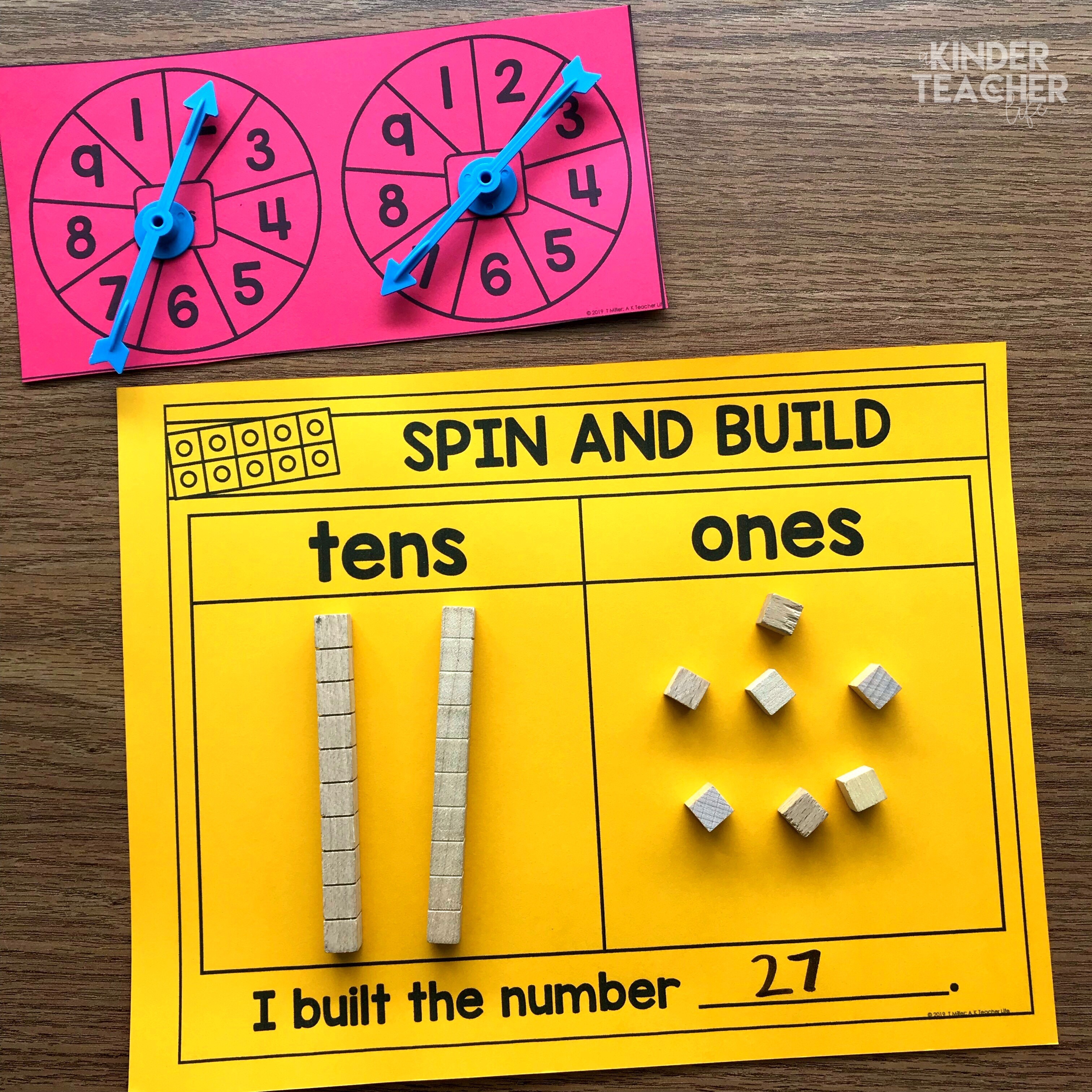
Place Value BINGO
It’s time for BINGO! Students pick a card, count and cover the number on the BINGO board. First person to get 3 in a row wins.
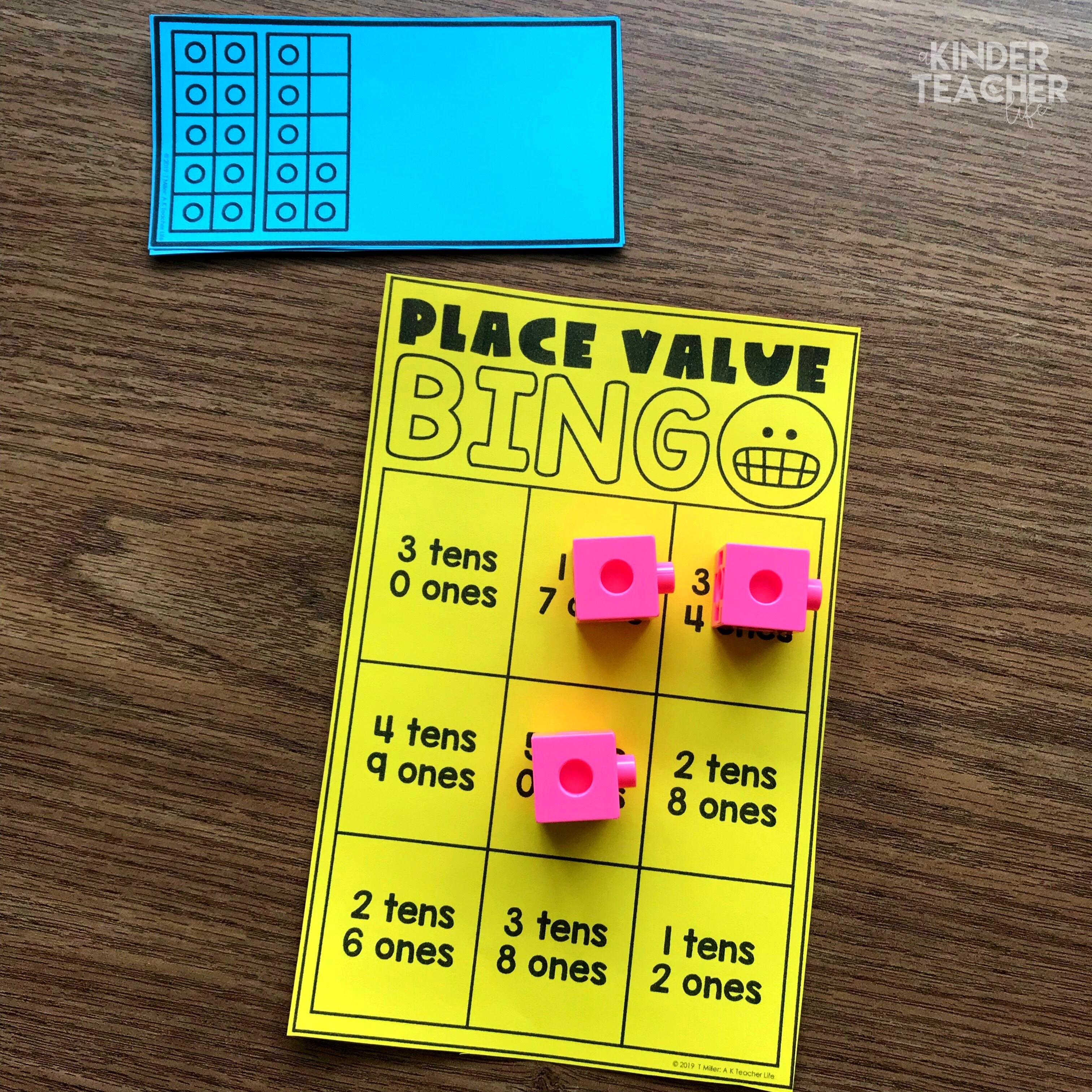
More, Less or Equal?
Students pick a card, build the numbers and compare the numbers using <, > or =.
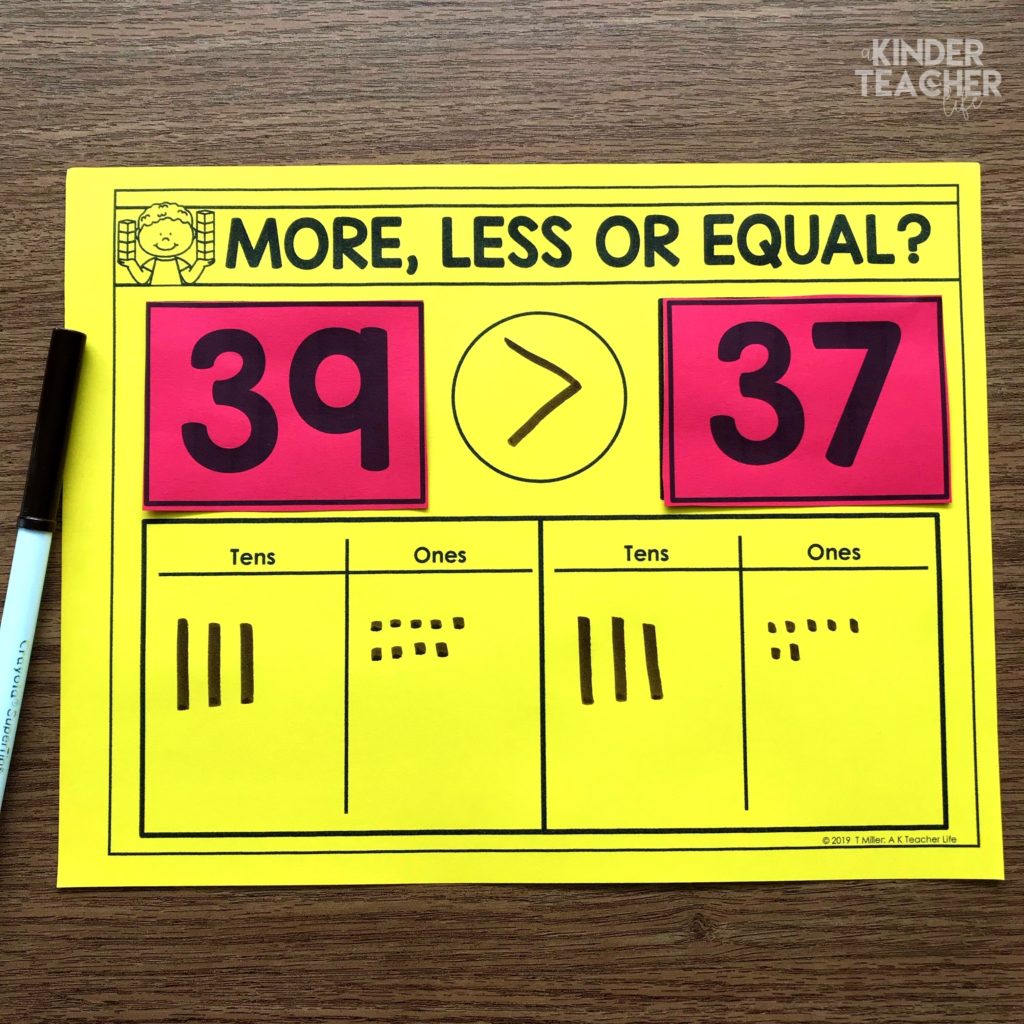
Roll and Draw
Students roll the dice and build the number by drawing a picture.
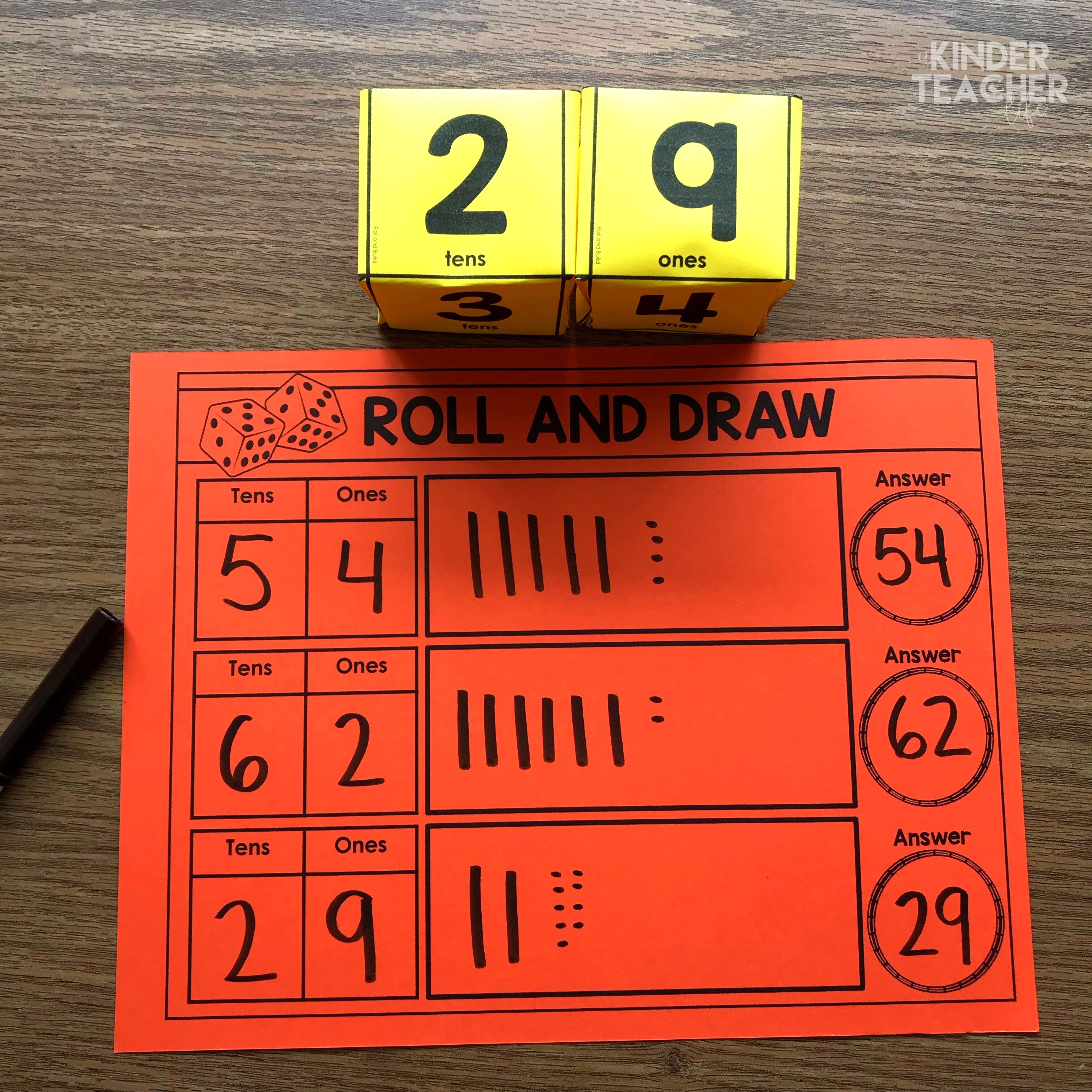
Flip and Cover
Students flip the card and cover the number on number chart.
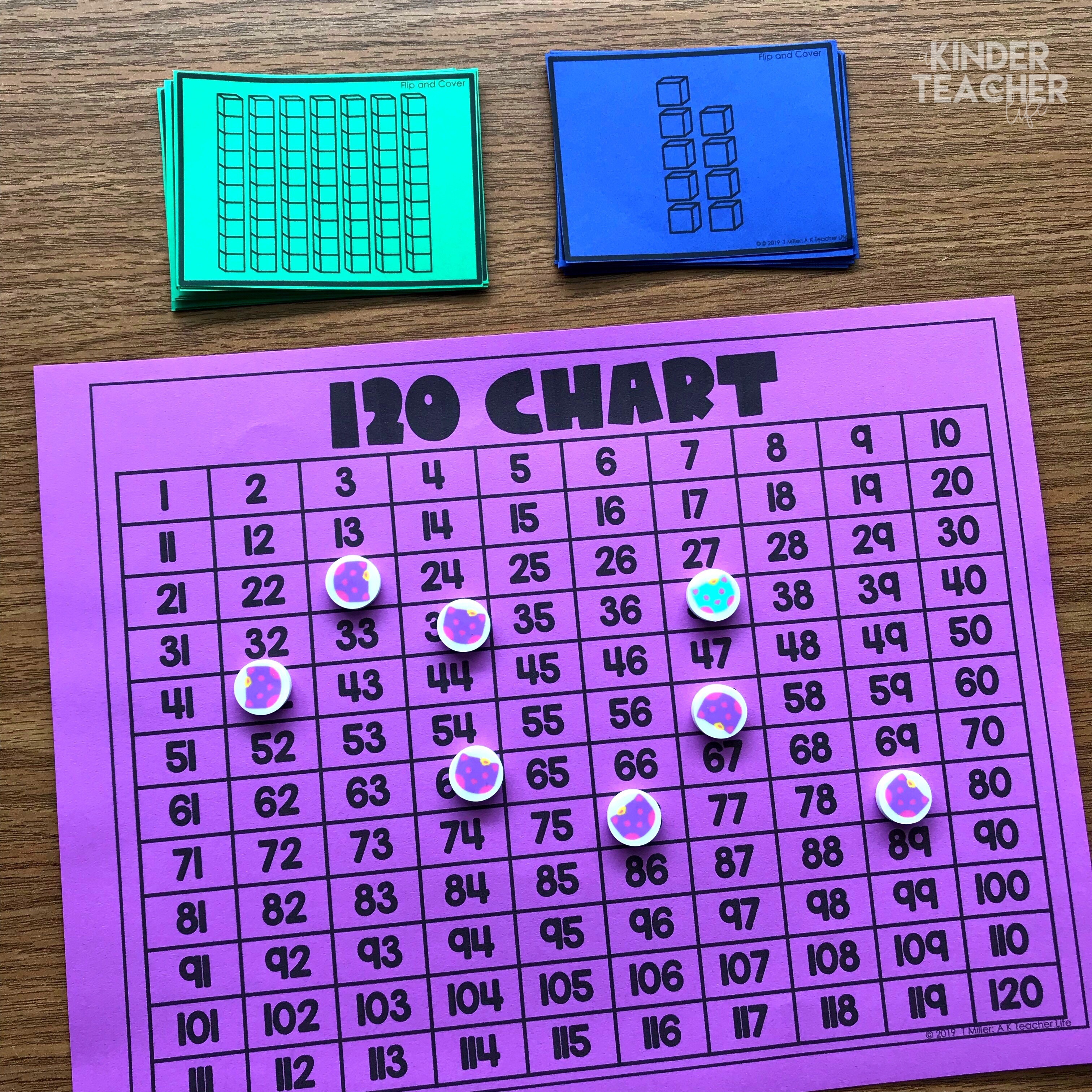
Show It 4 Ways
They write the number, write how many tens and ones it has, write its expanded form and build the number by drawing a picture or base 10 blocks.
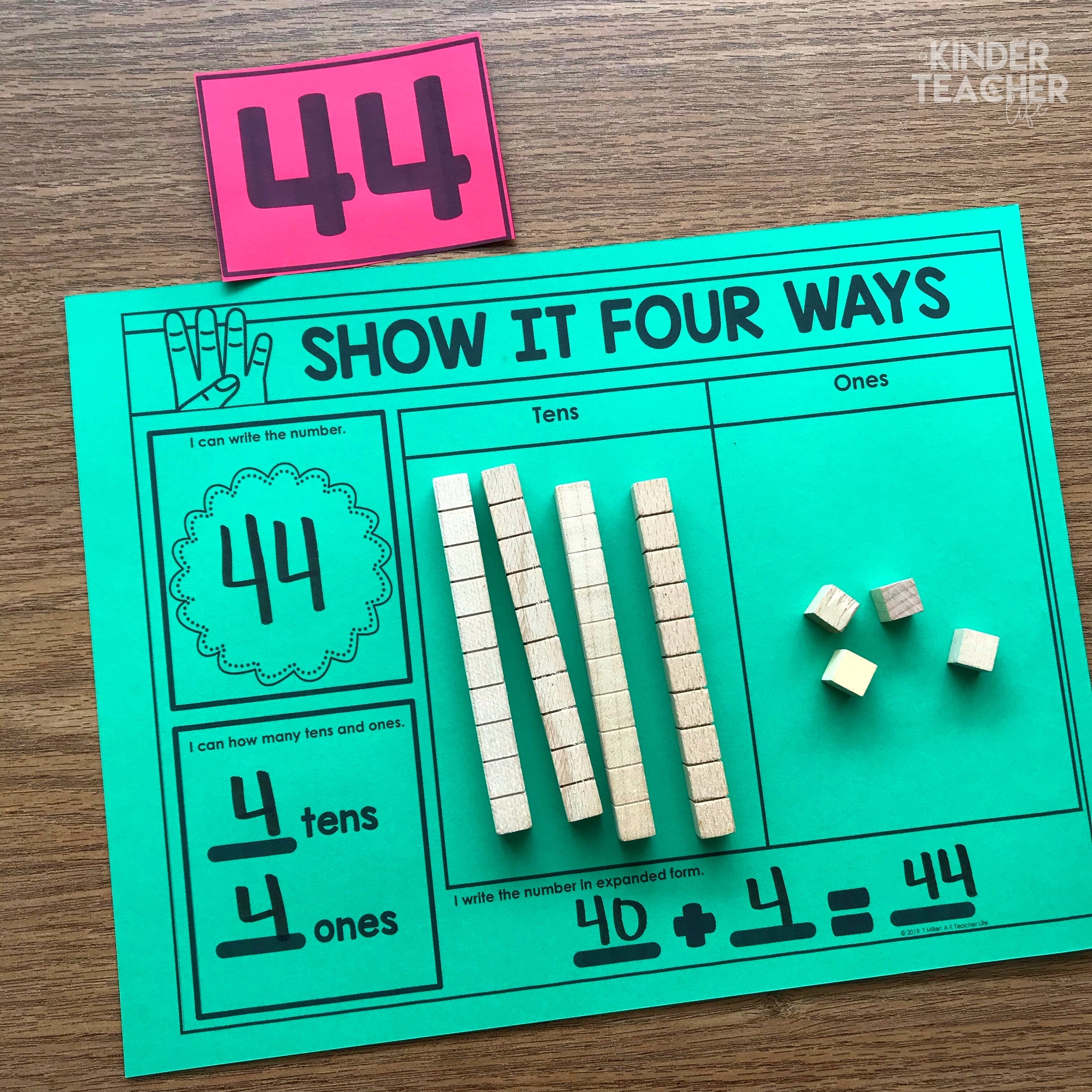
Puzzle – Show It 3 Ways
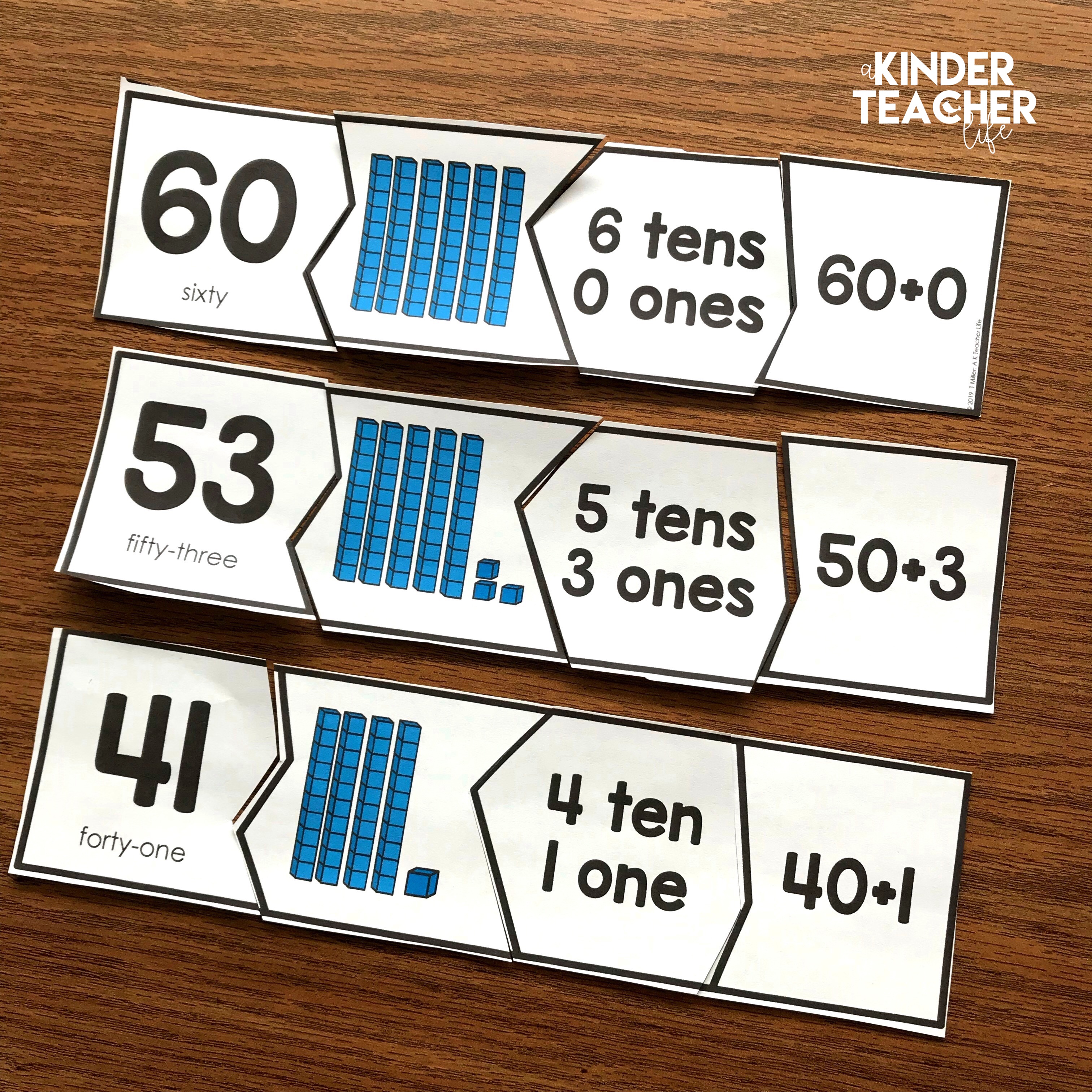
Puzzle – Place Value – Cinnamon Buns
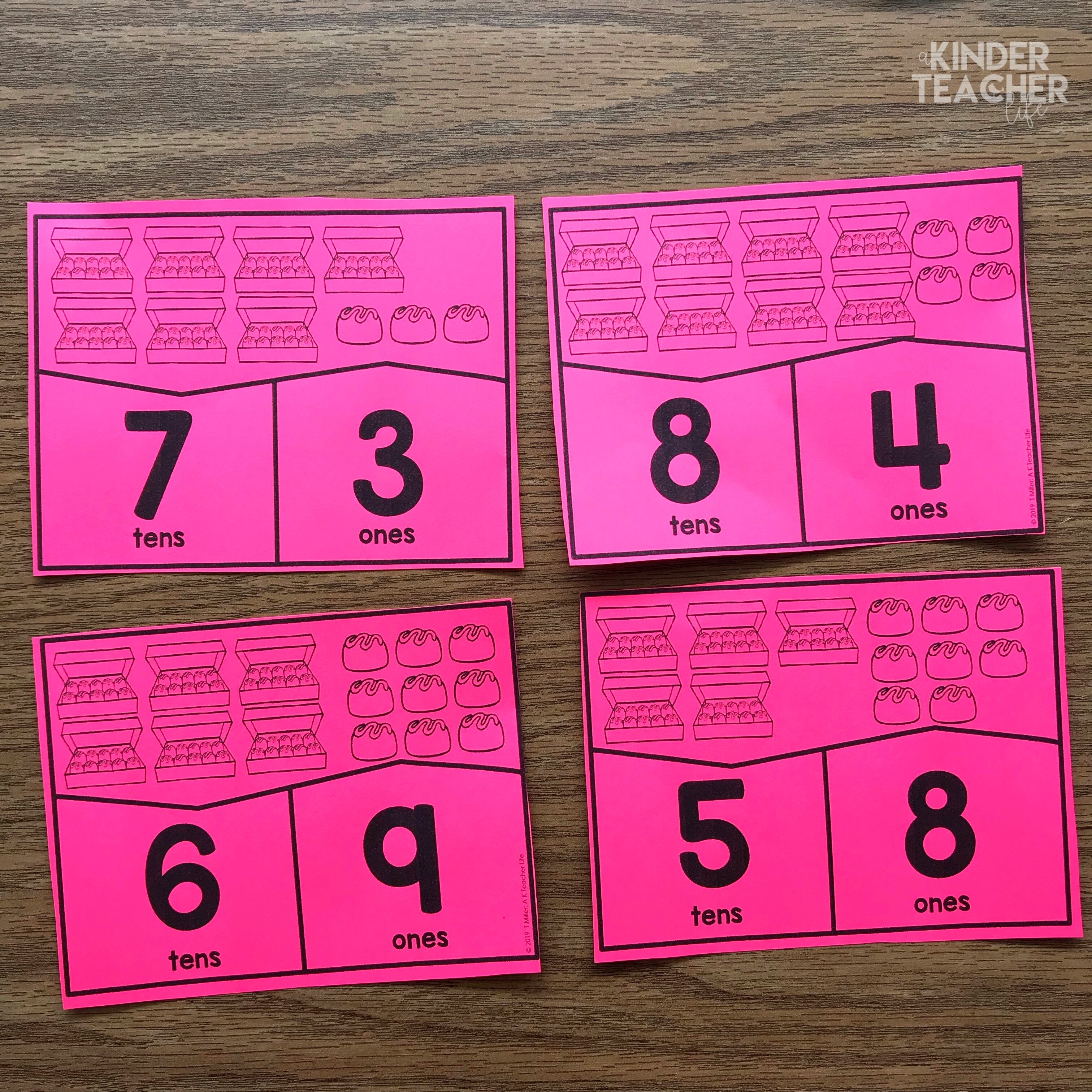
Spin and Cover
Students spin the spinner and cover the number.
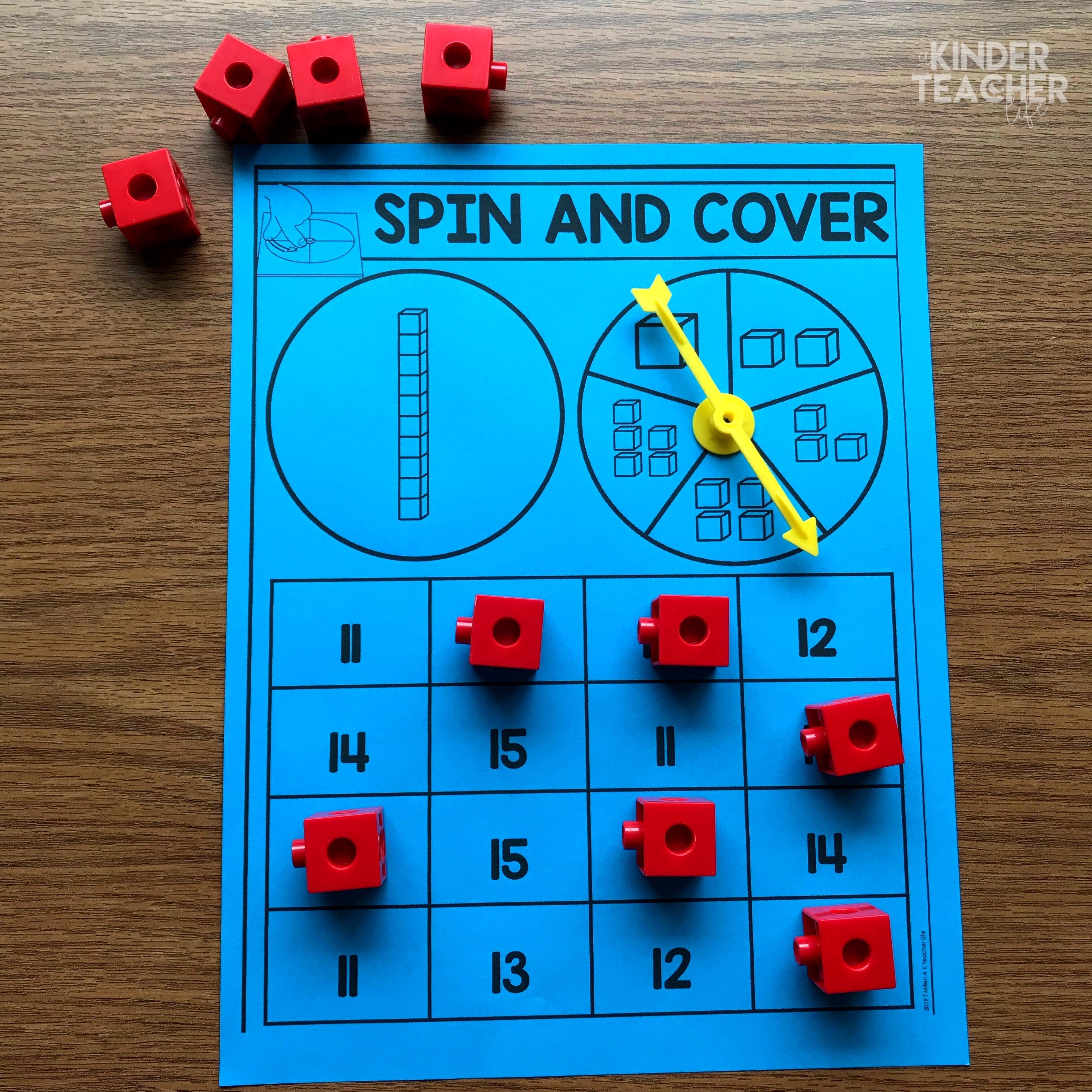
Roll and Build Board Game #1
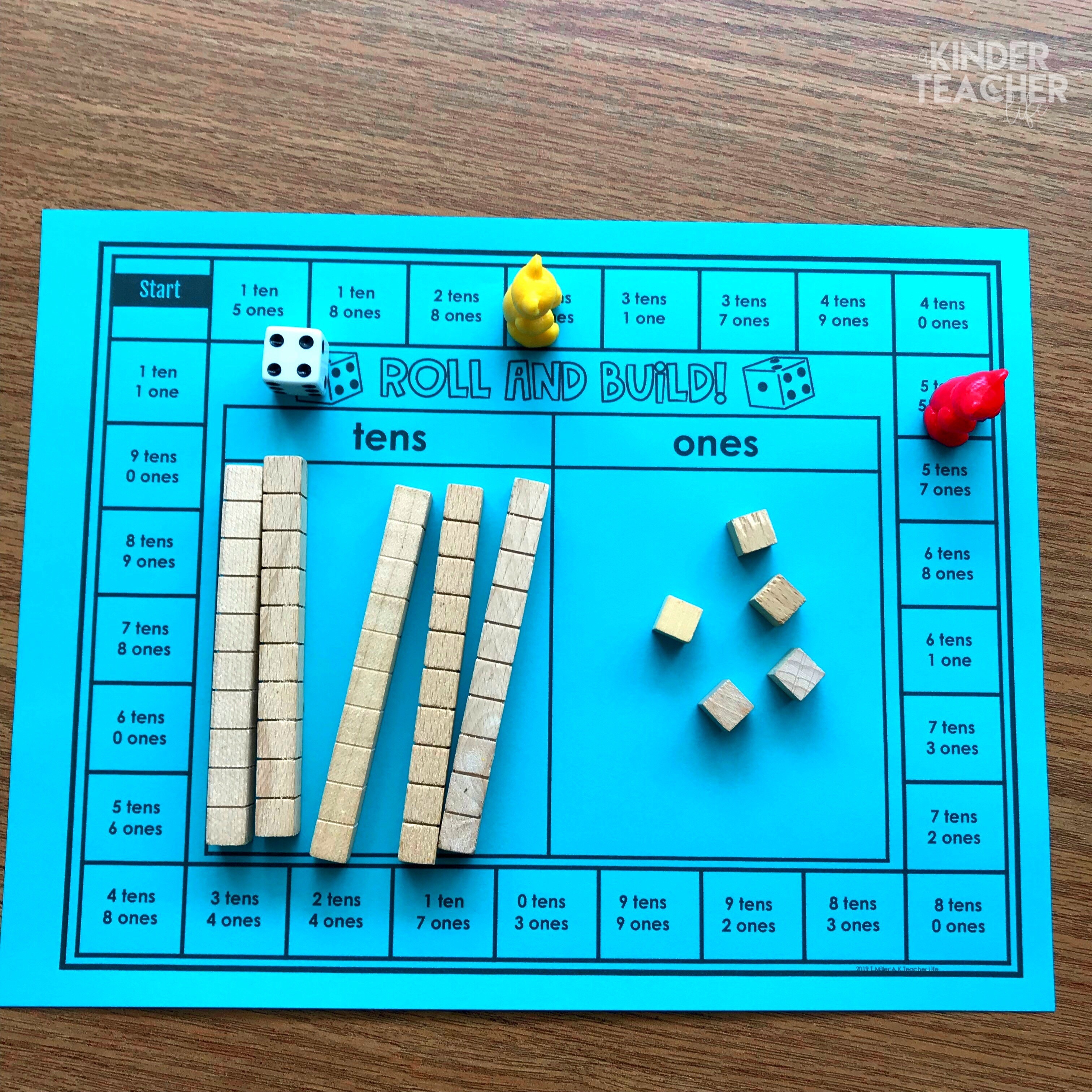
Roll and Build Board Game #2
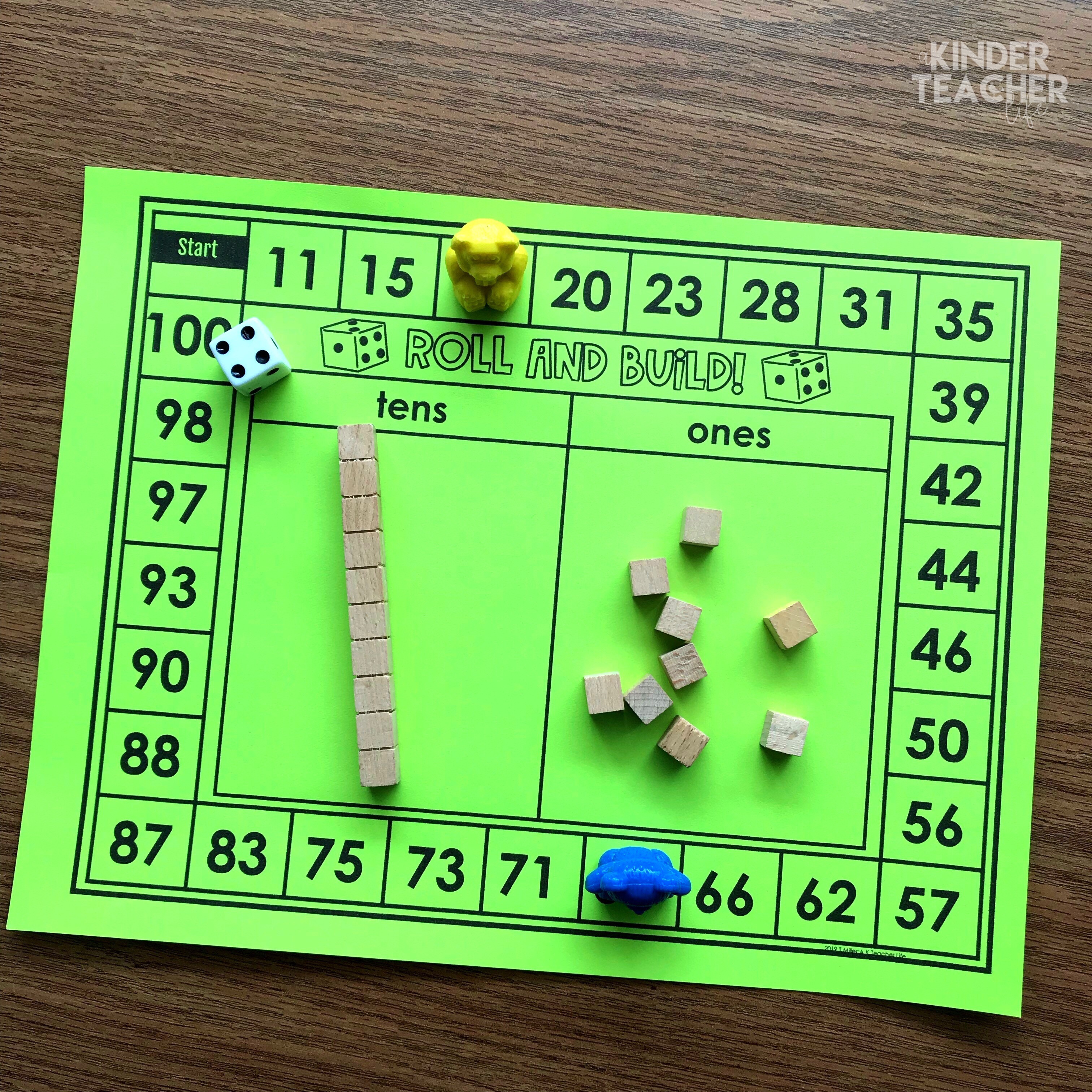
Go Big, Go Place Value
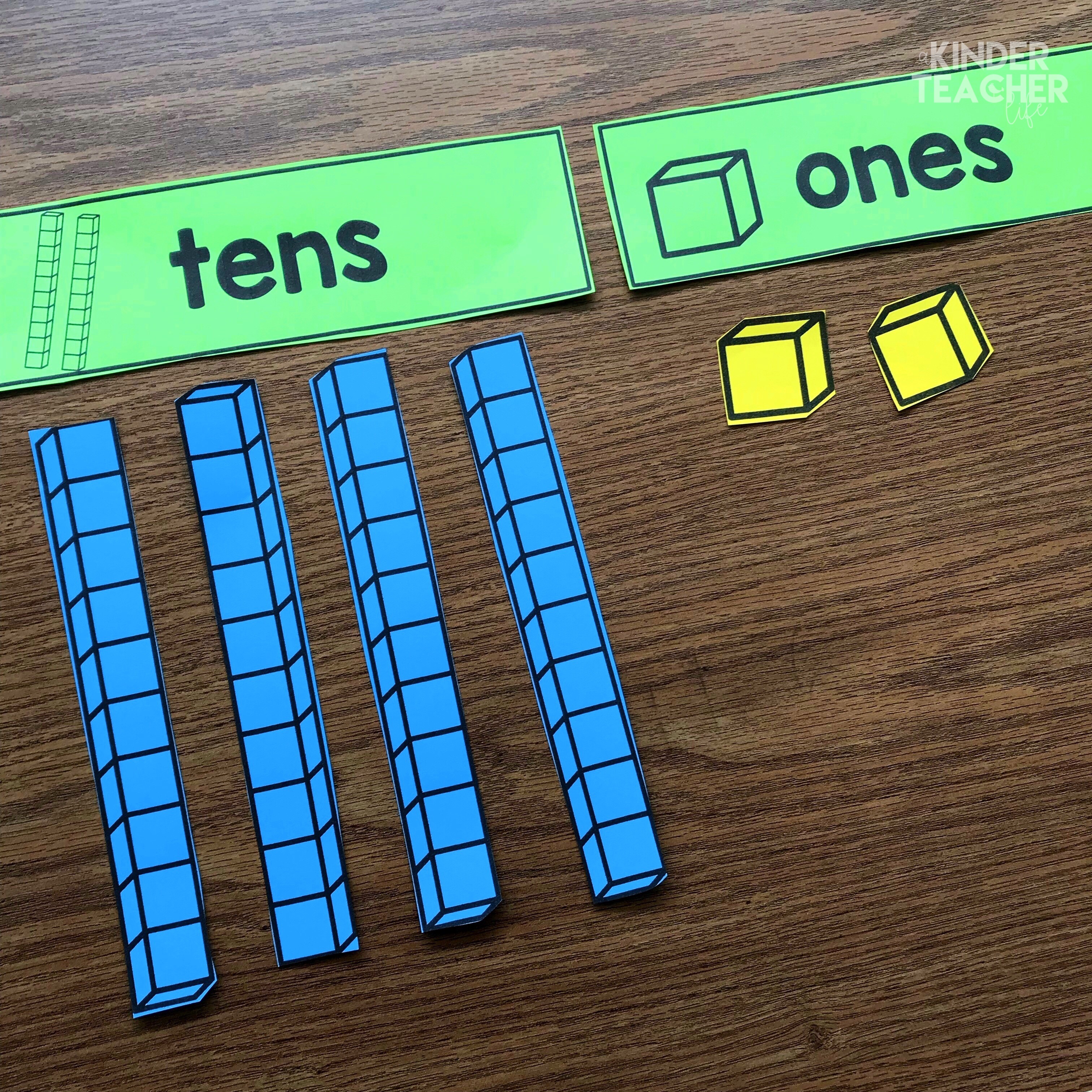
Students build 2-digit numbers using gigantic tens and ones
Counting Books
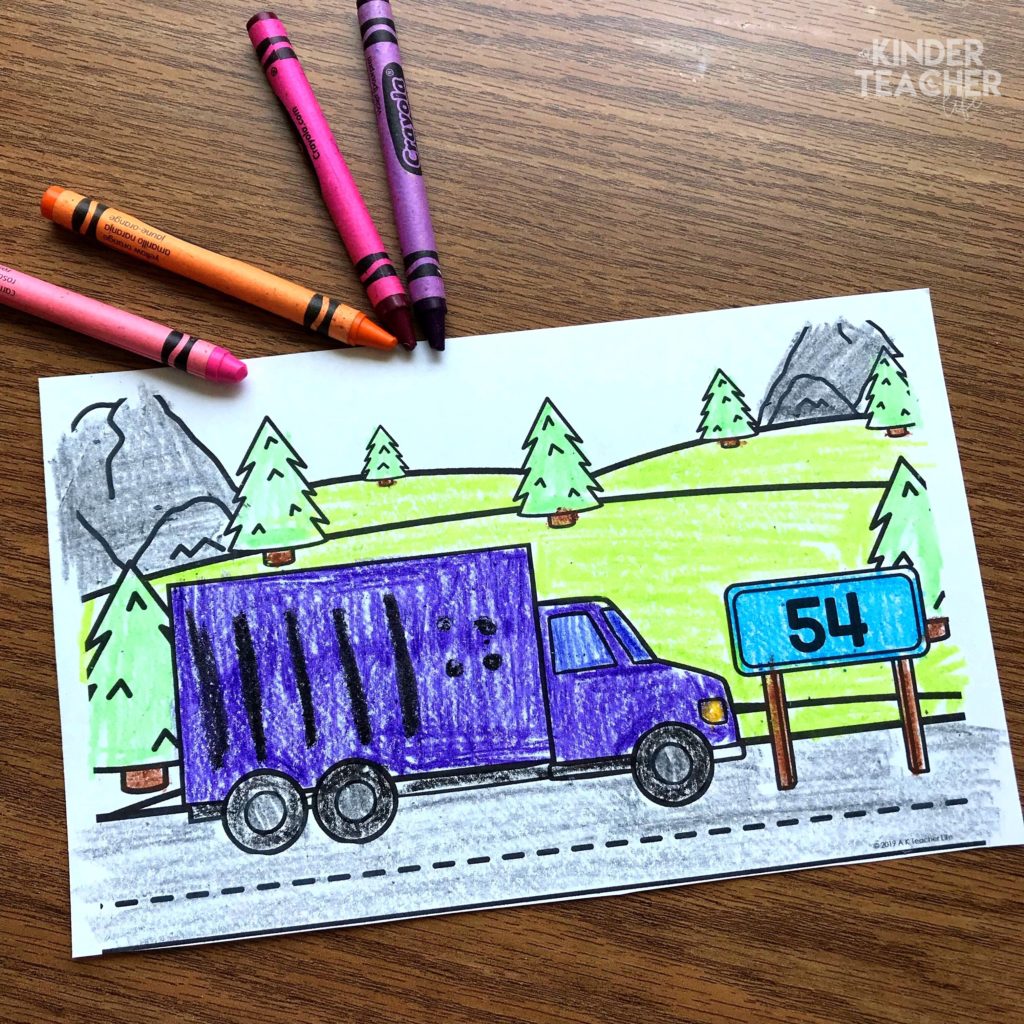
Math Talk Cards
Sentence starters to help explain their mathematical thinking.
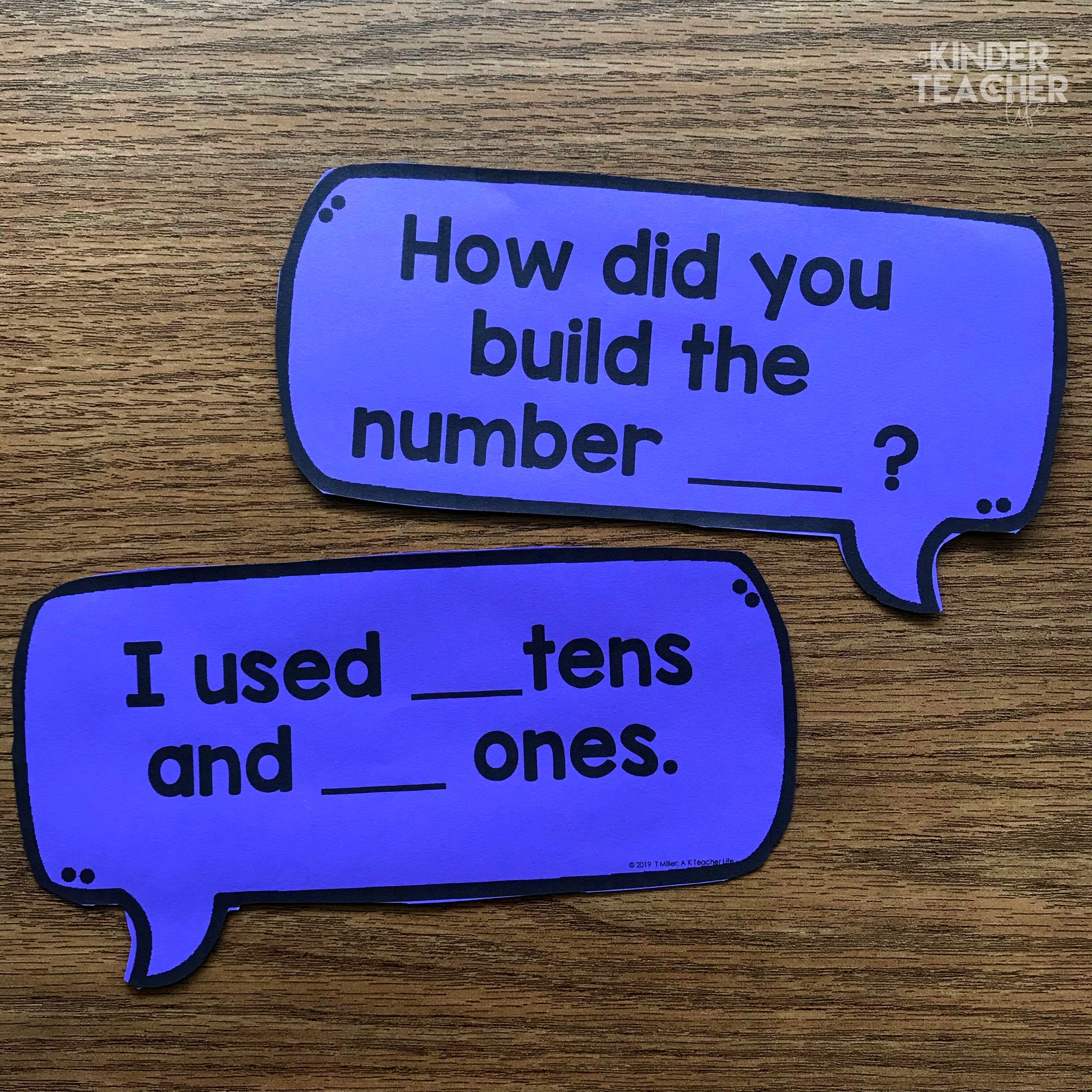
Vocabulary Strip
Visual of important place value terms.
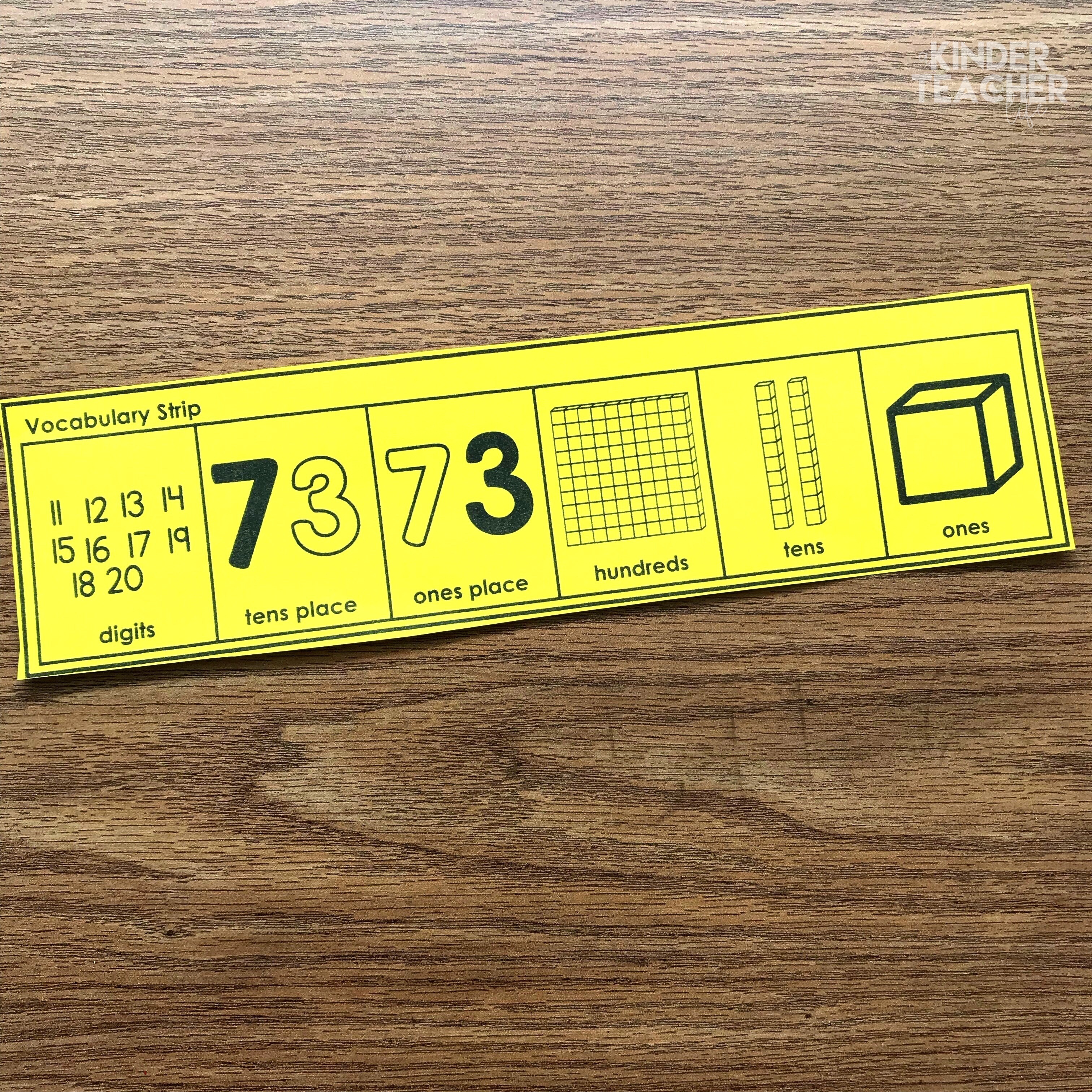
What are some place value games you play? Let me know in the comments section below.
Get these activities
Do you like this resource? You can purchase it by clicking the link below.
Place Value Numbers Math Center Freebie
You can never have too many math center activities. Here’s a freebie from my Place Value Math Center packet. You can grab this low-prep activity by completing the form below.
How do you teach place value in your classroom? Let me know in the comment section below.
Happy Teaching!


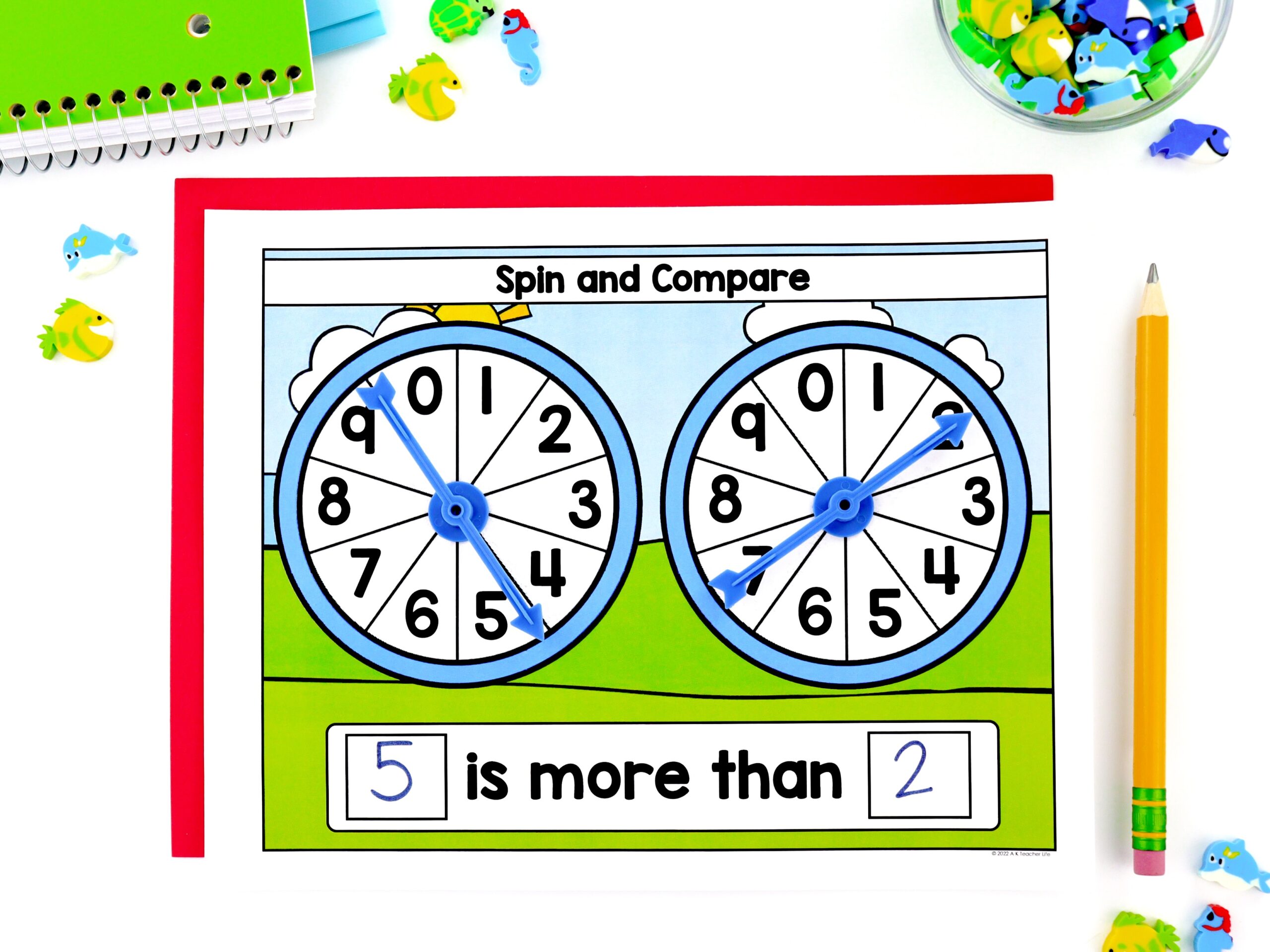
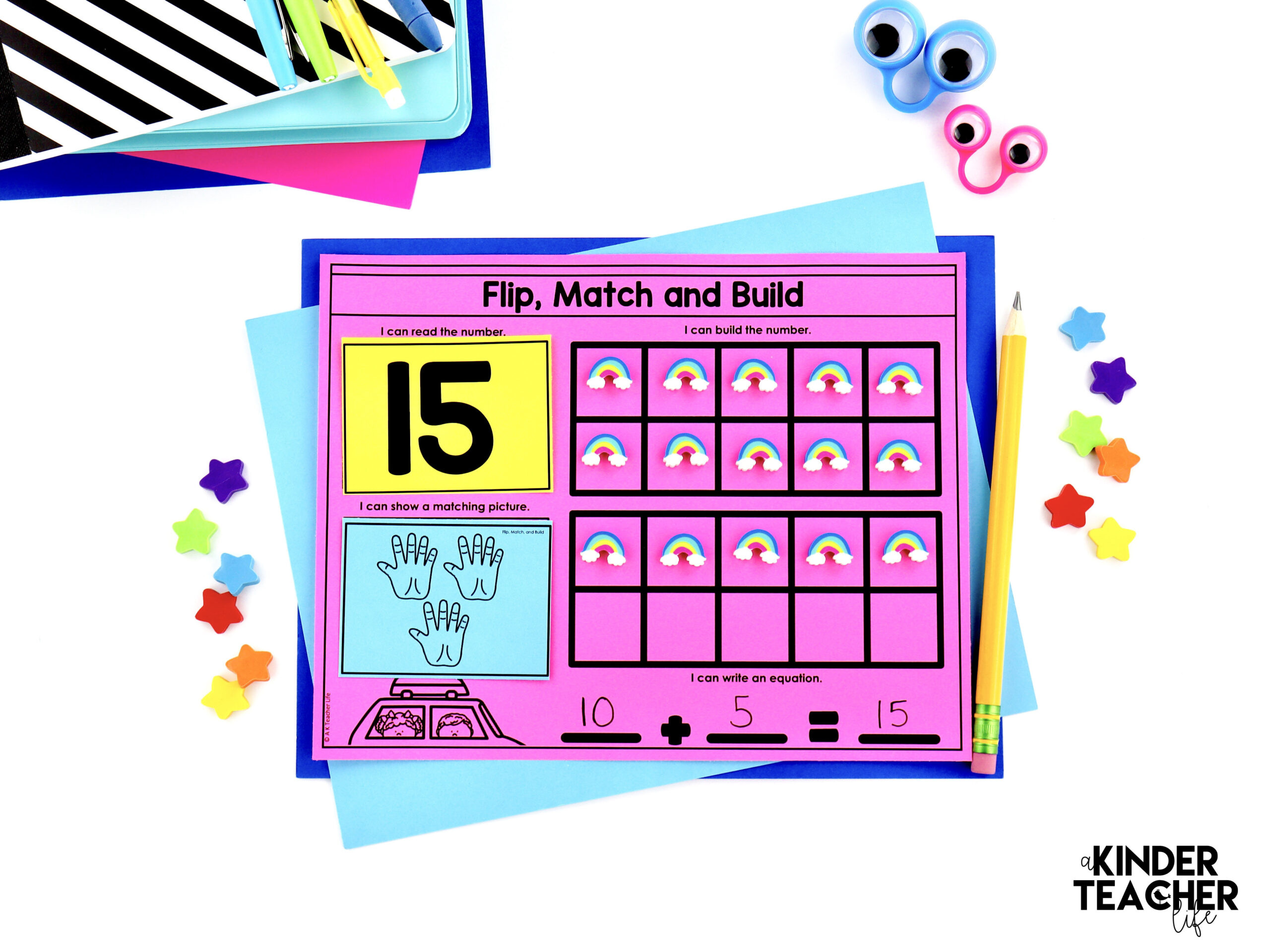
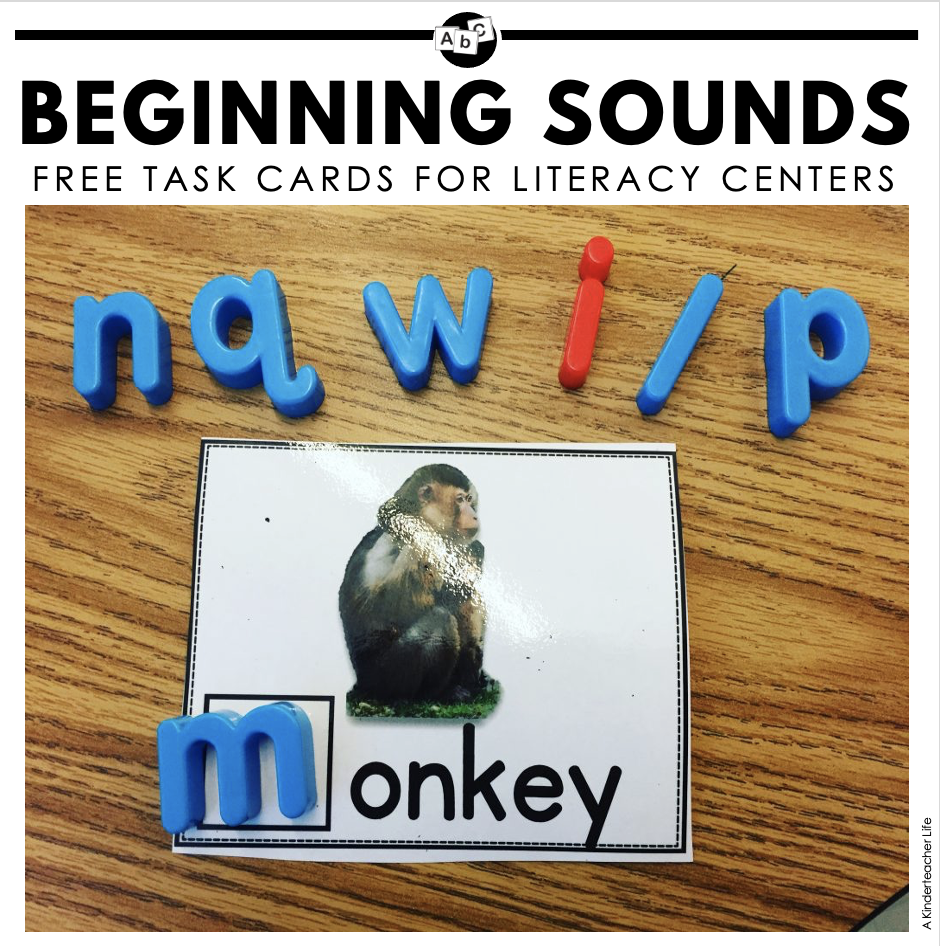
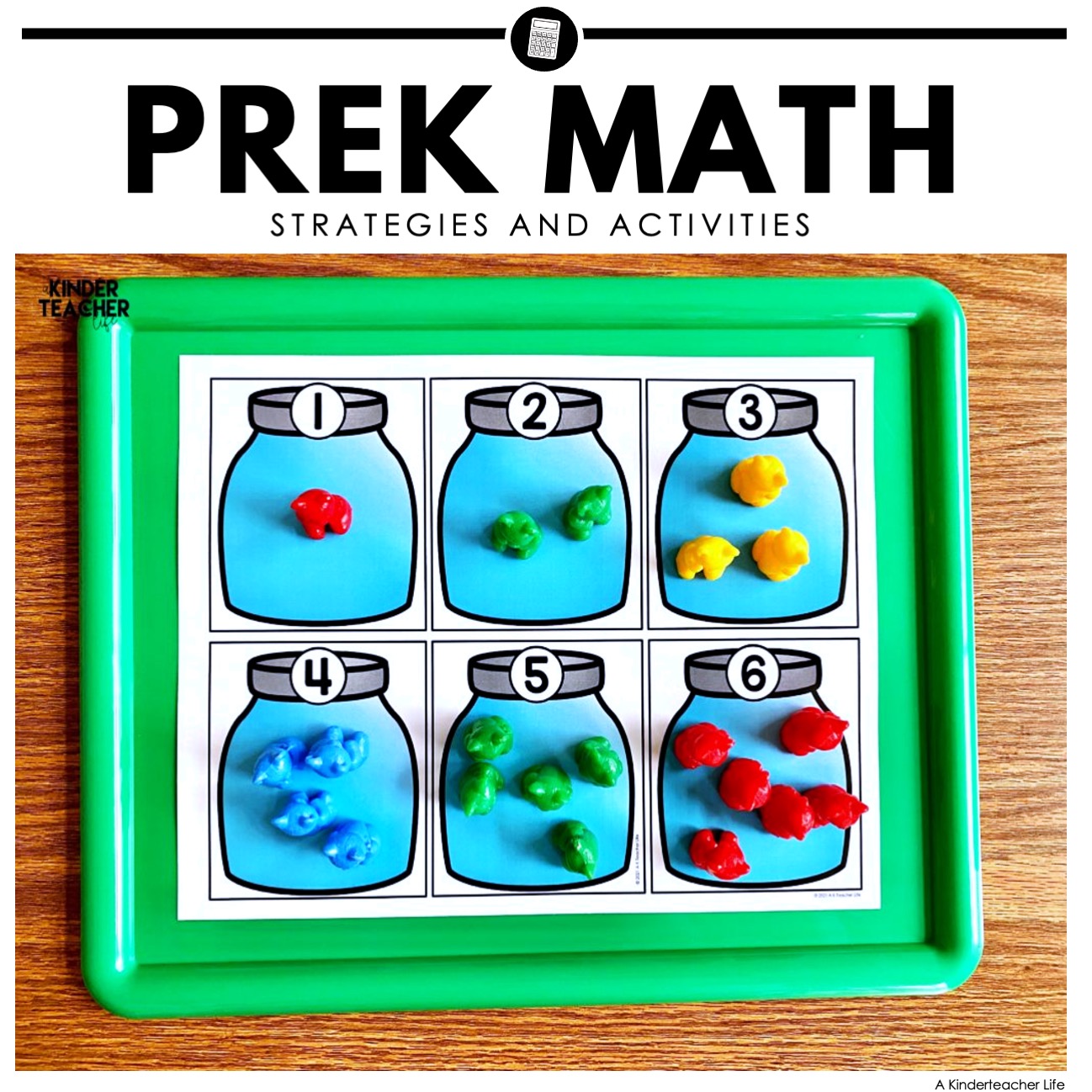
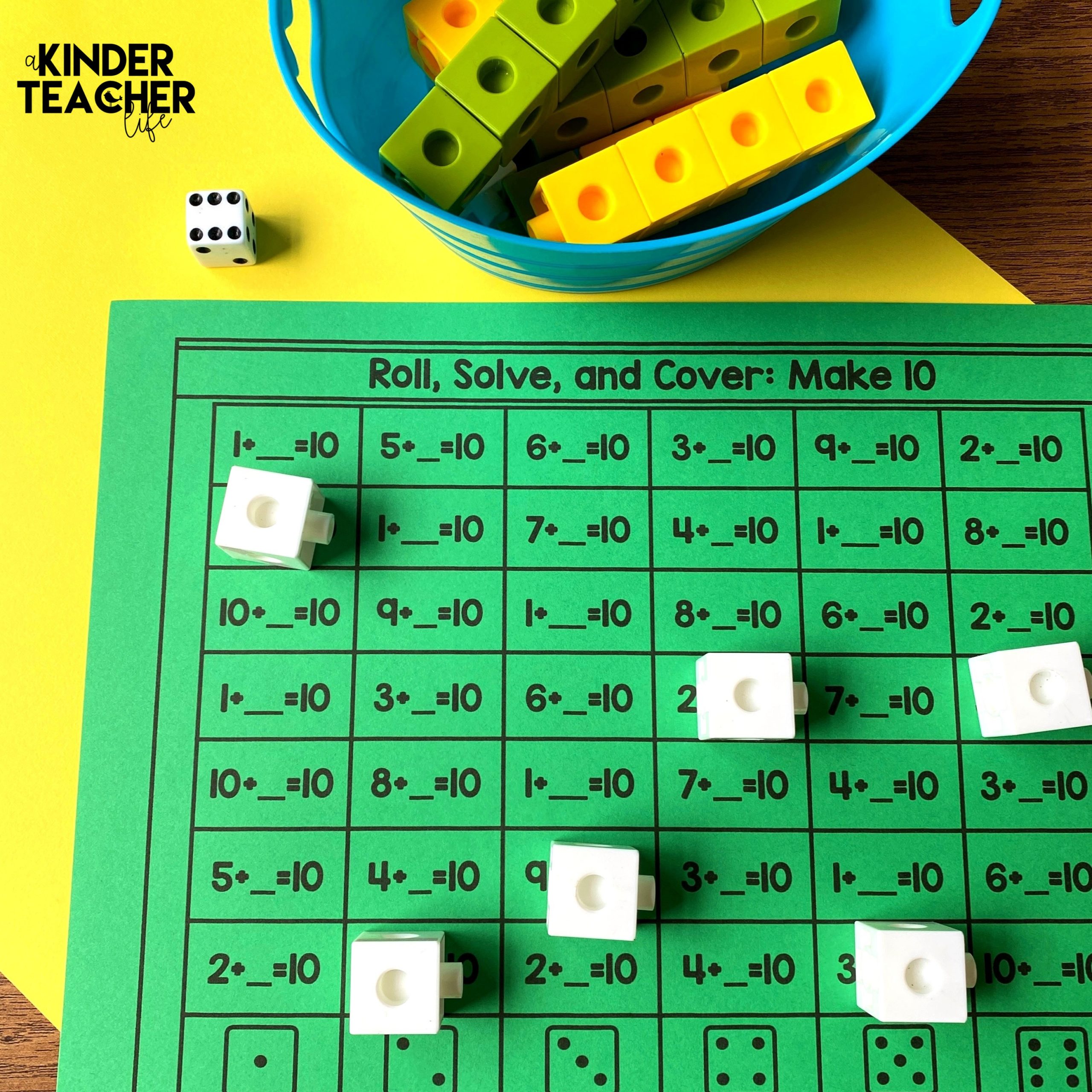
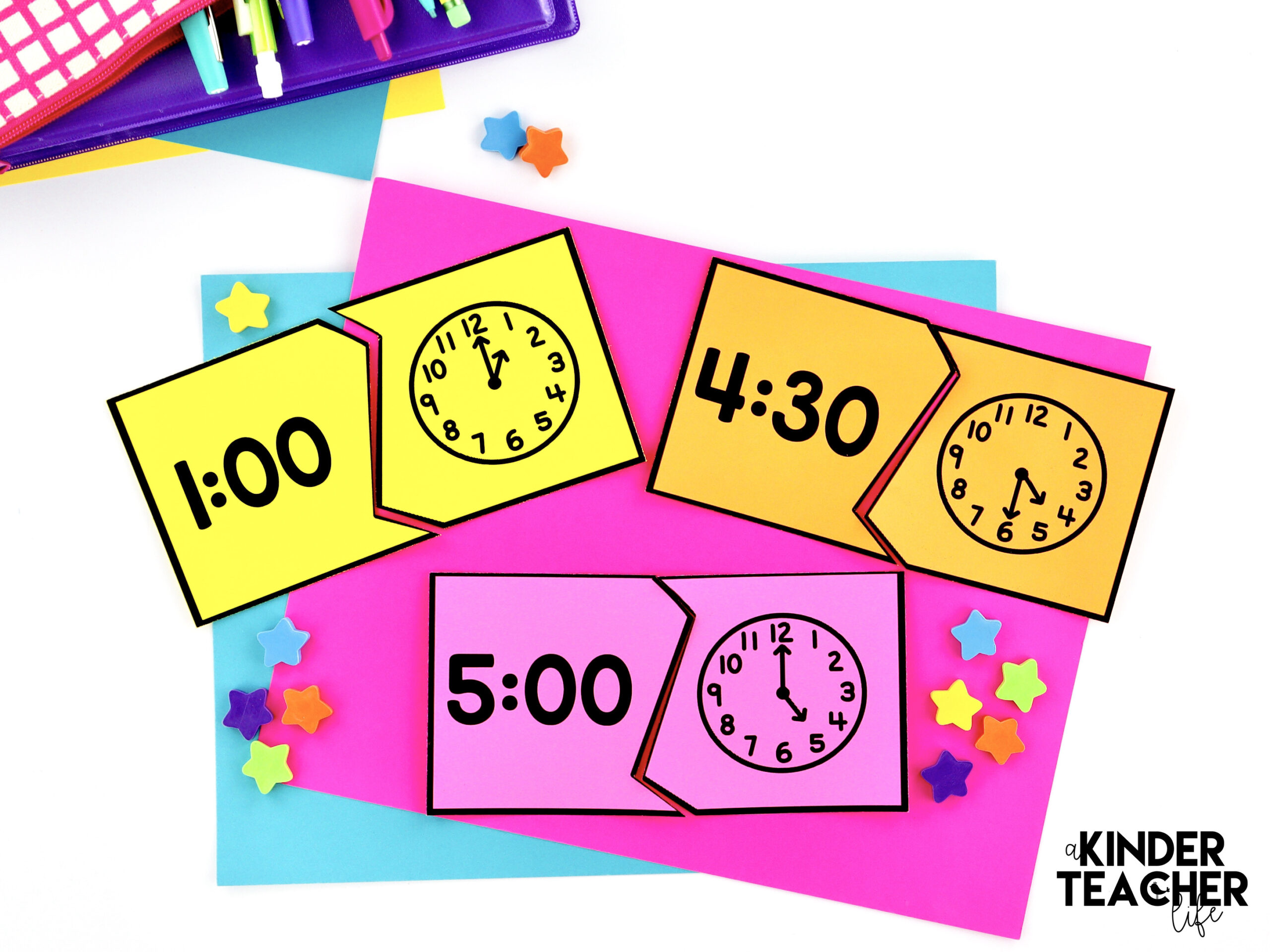

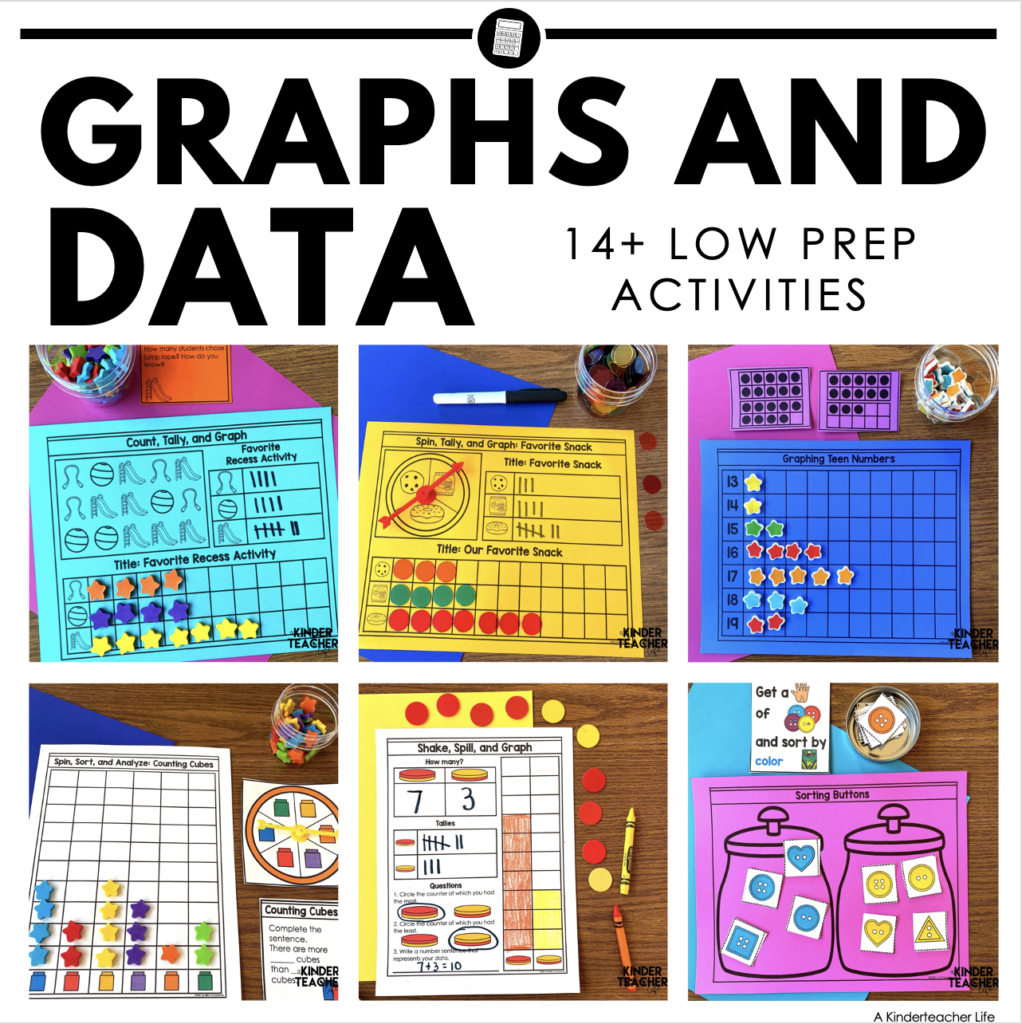
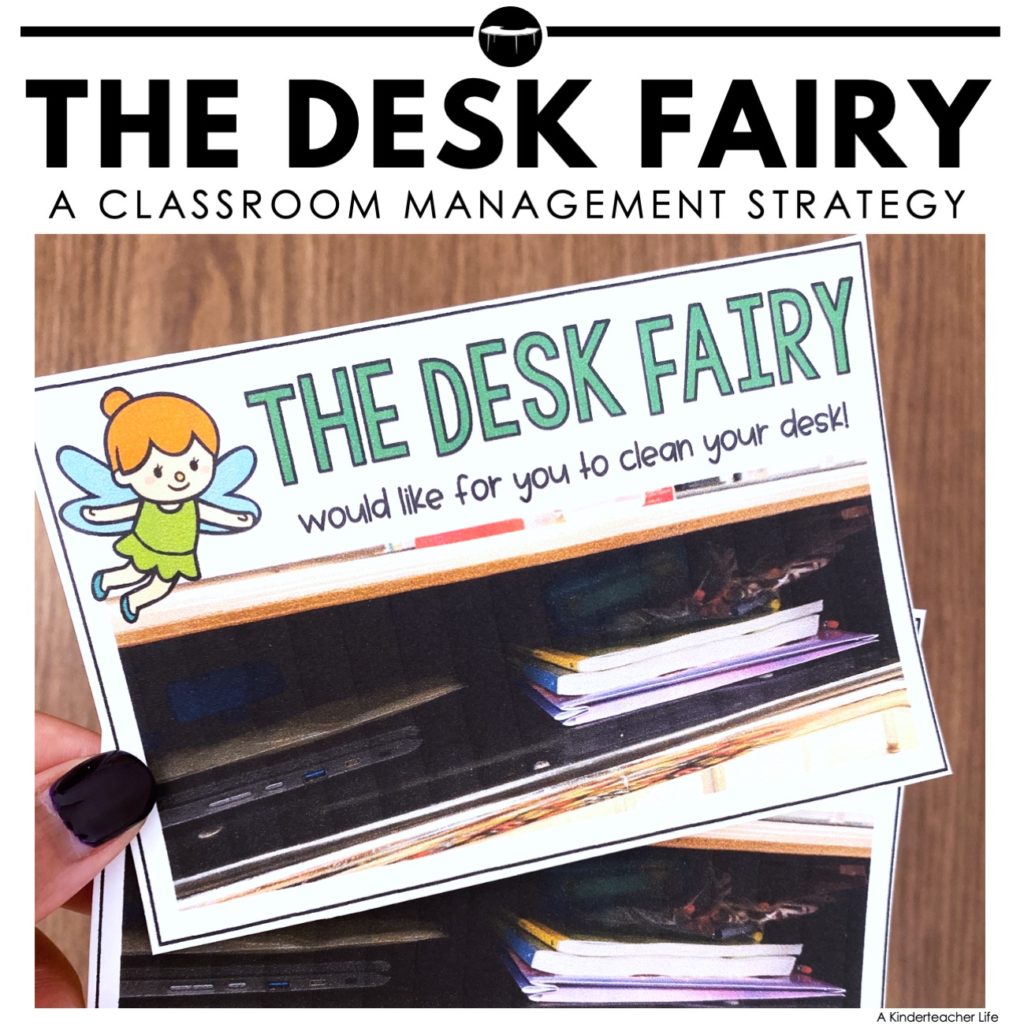

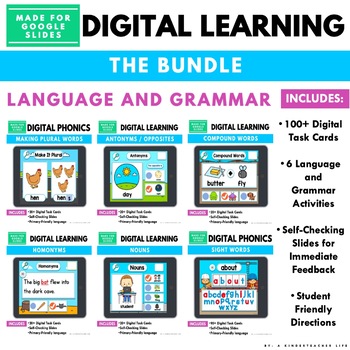
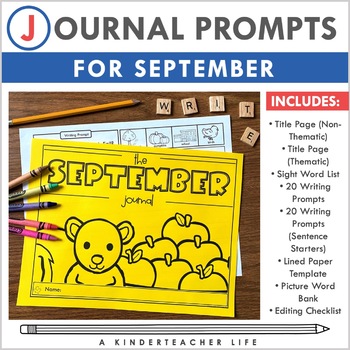
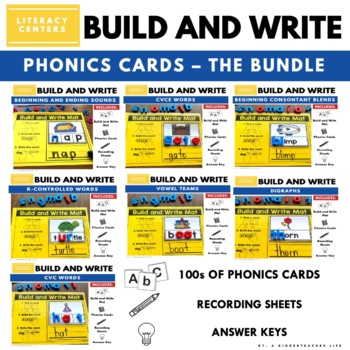

Wow, there are a lot of awesome strategies here for not only learning what numbers actually mean, but also to consolidate that learning. I have used a lot of them in my classes but will certainly add some new ones to the mix now. Thanks!
I use lots of manipulatives, charts, games, drawings.